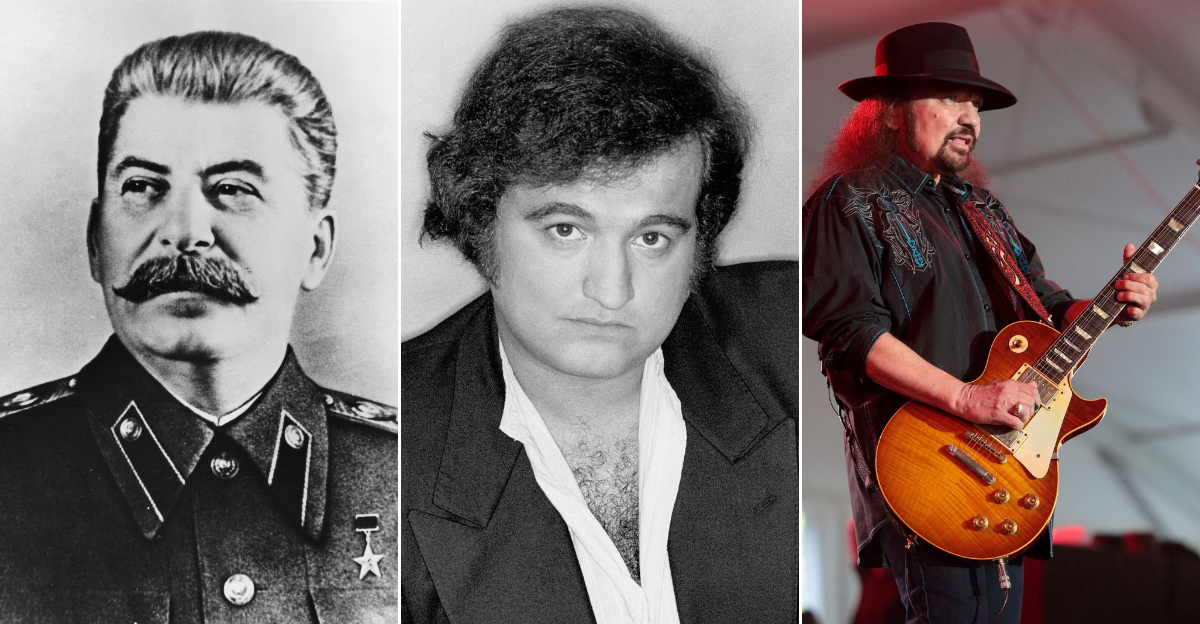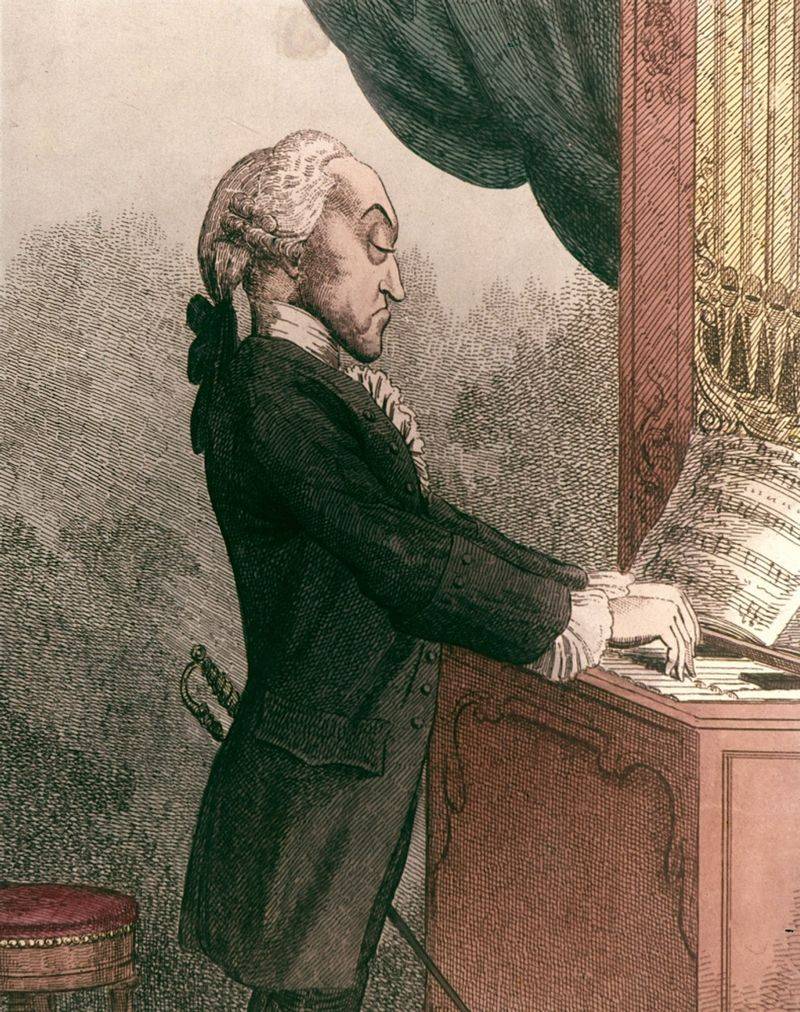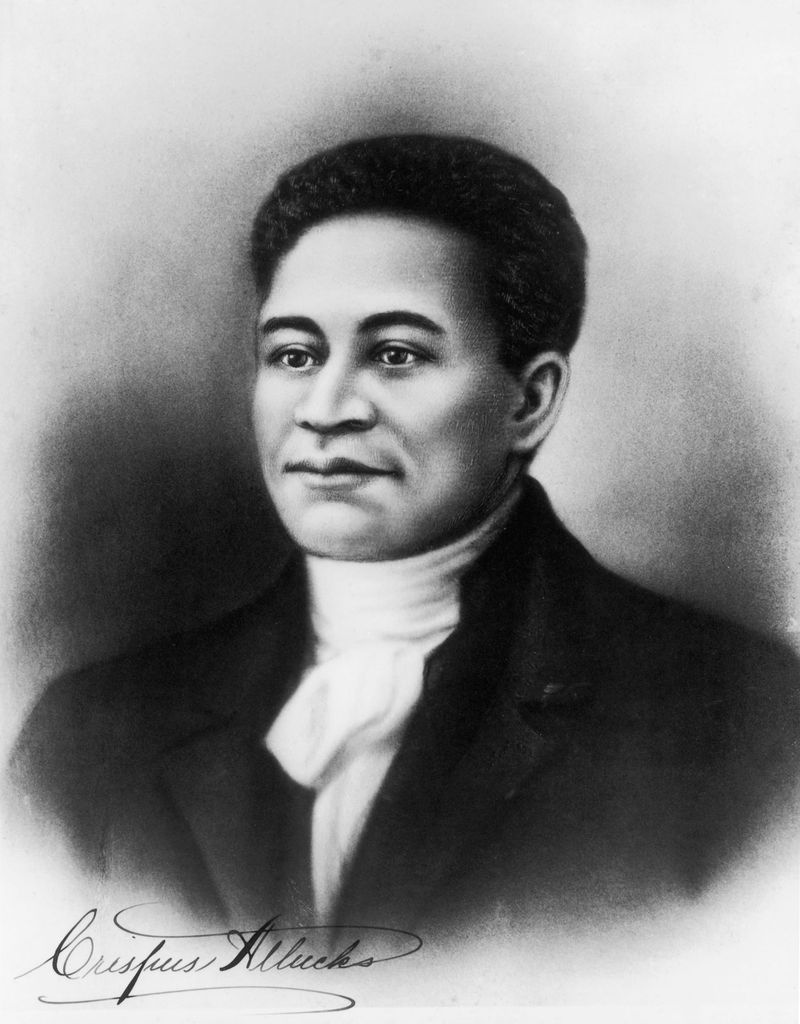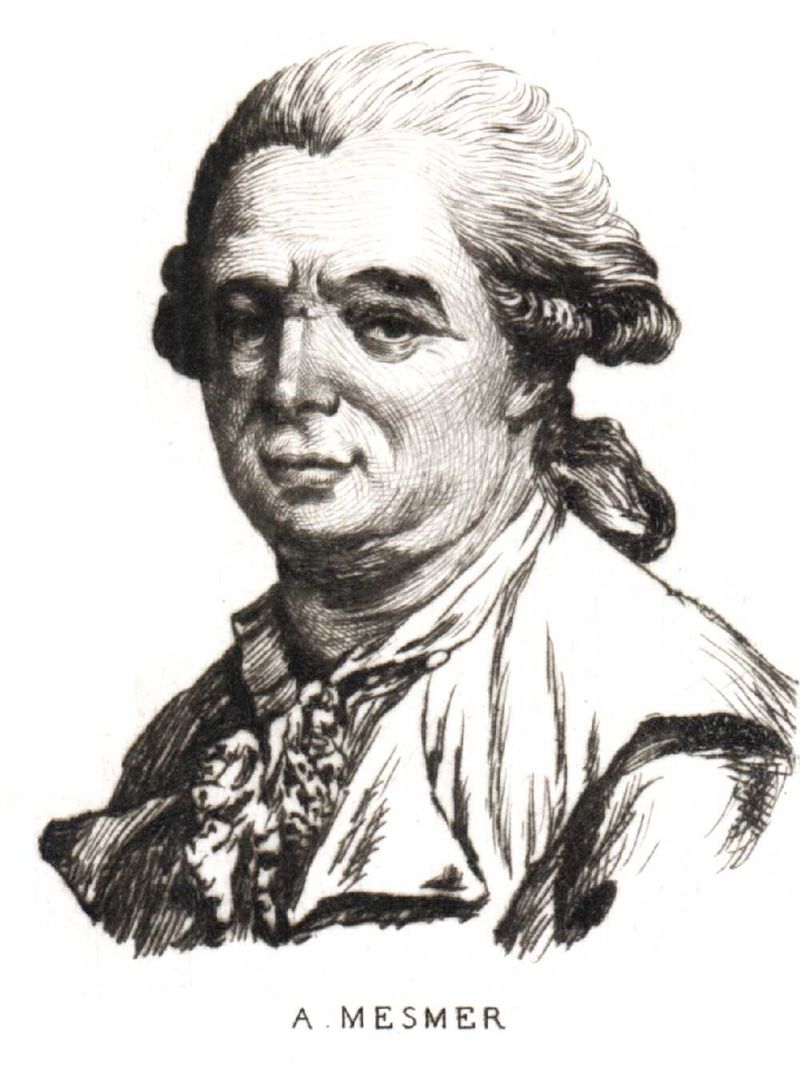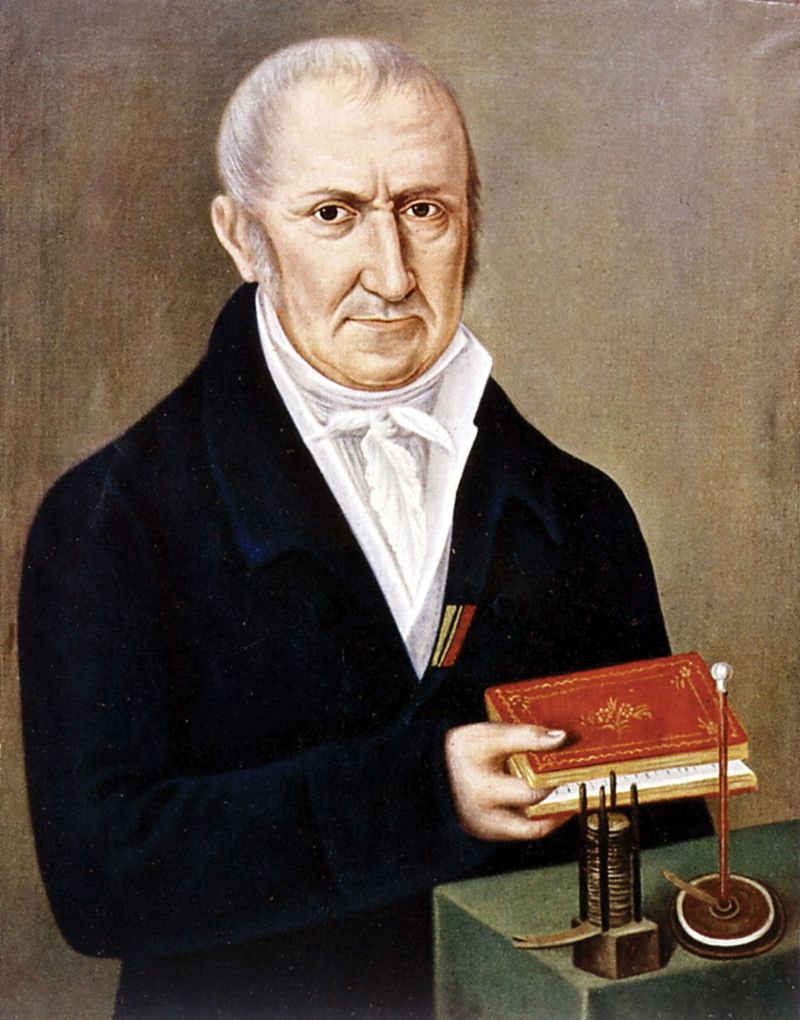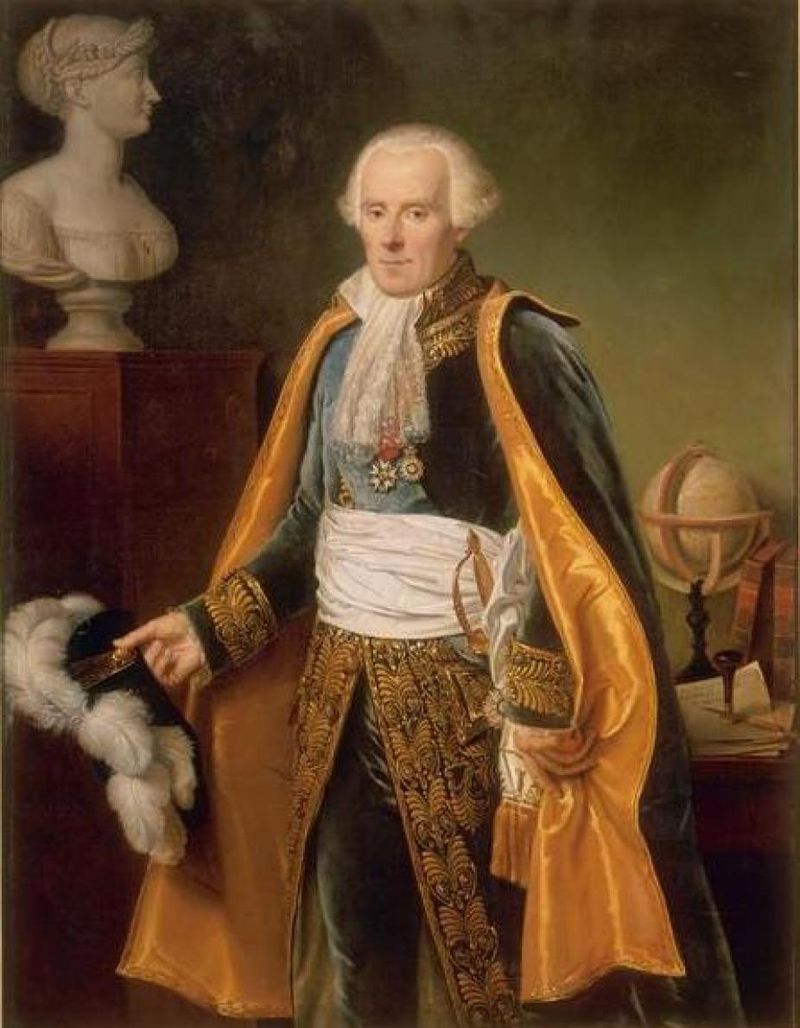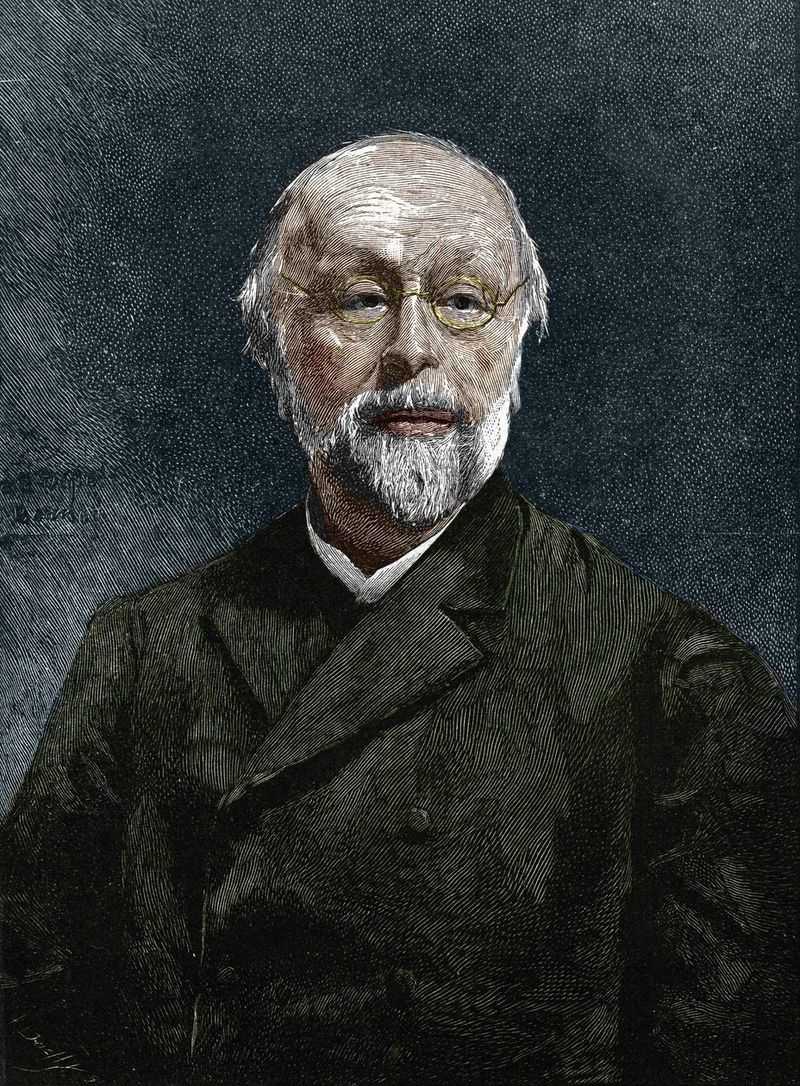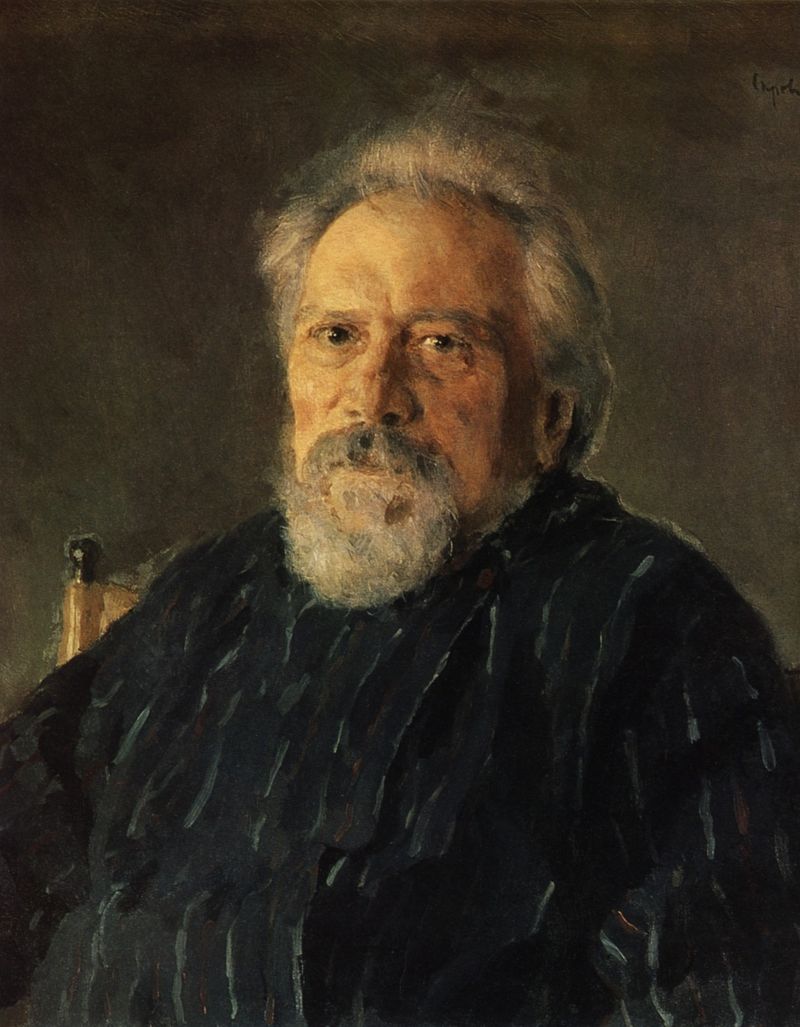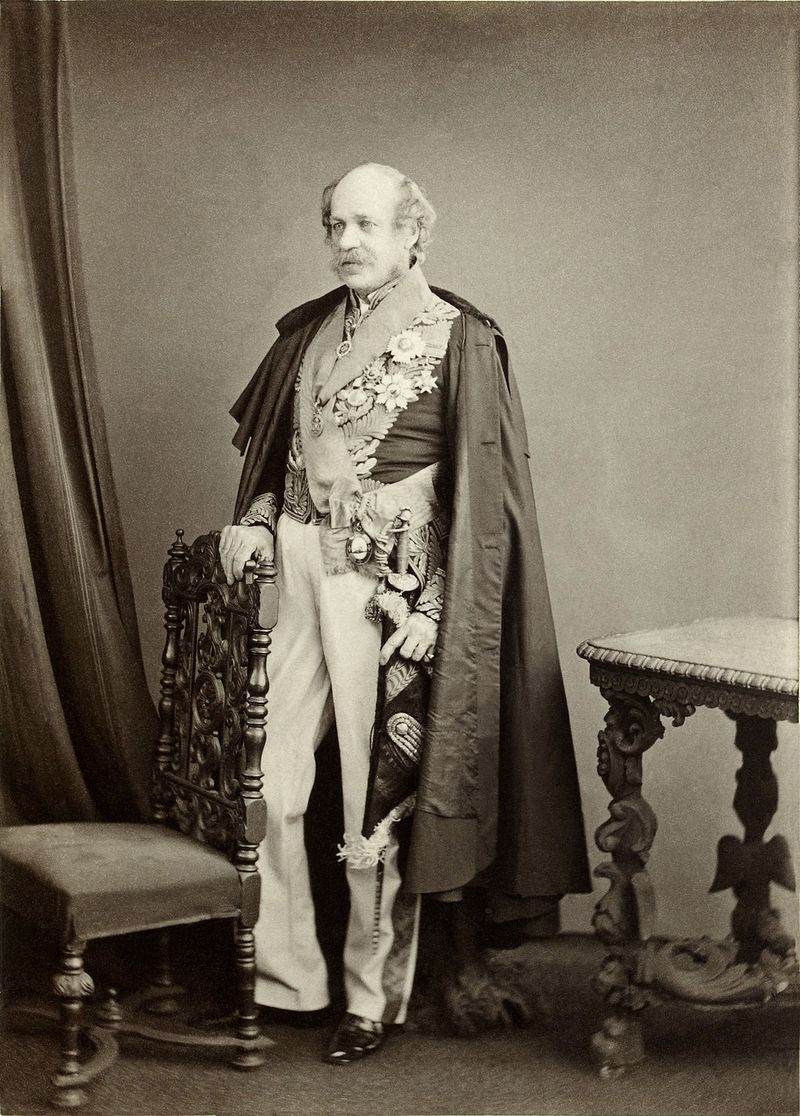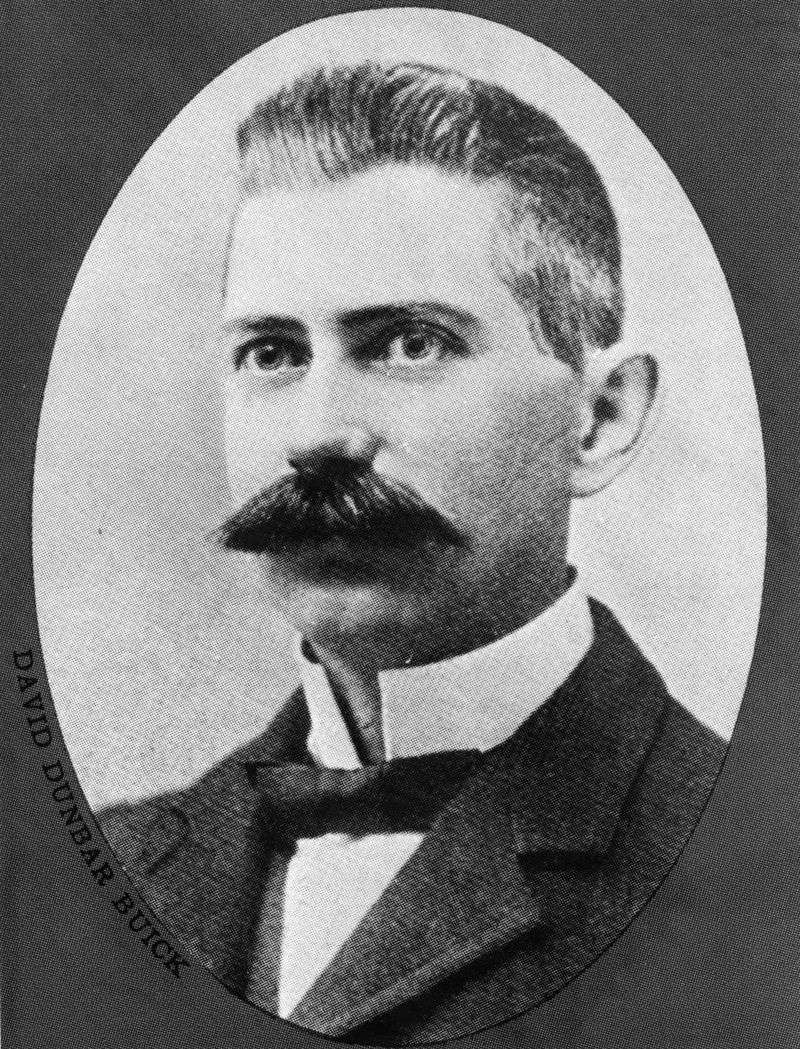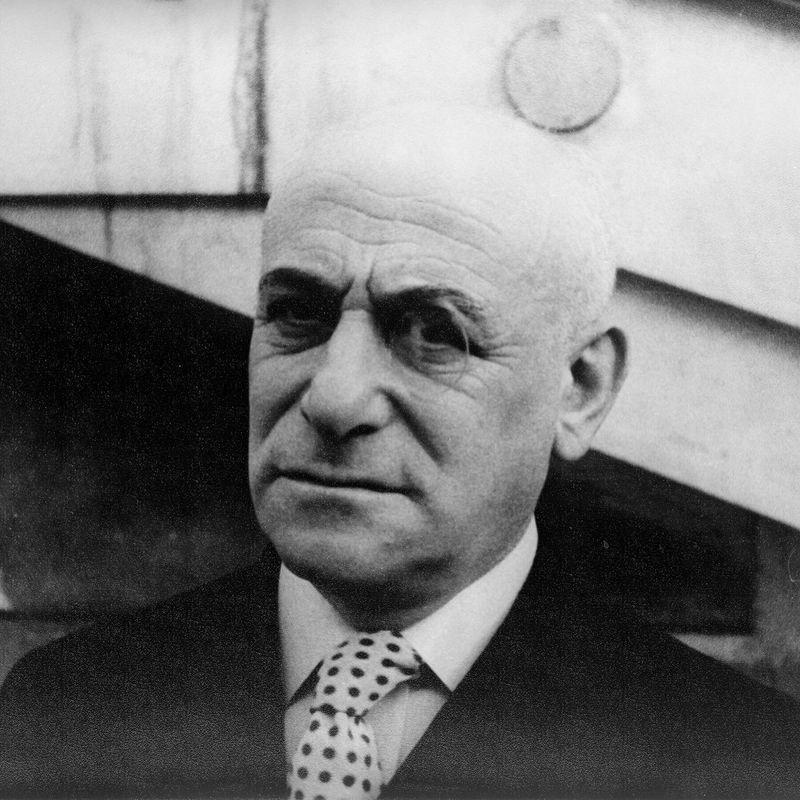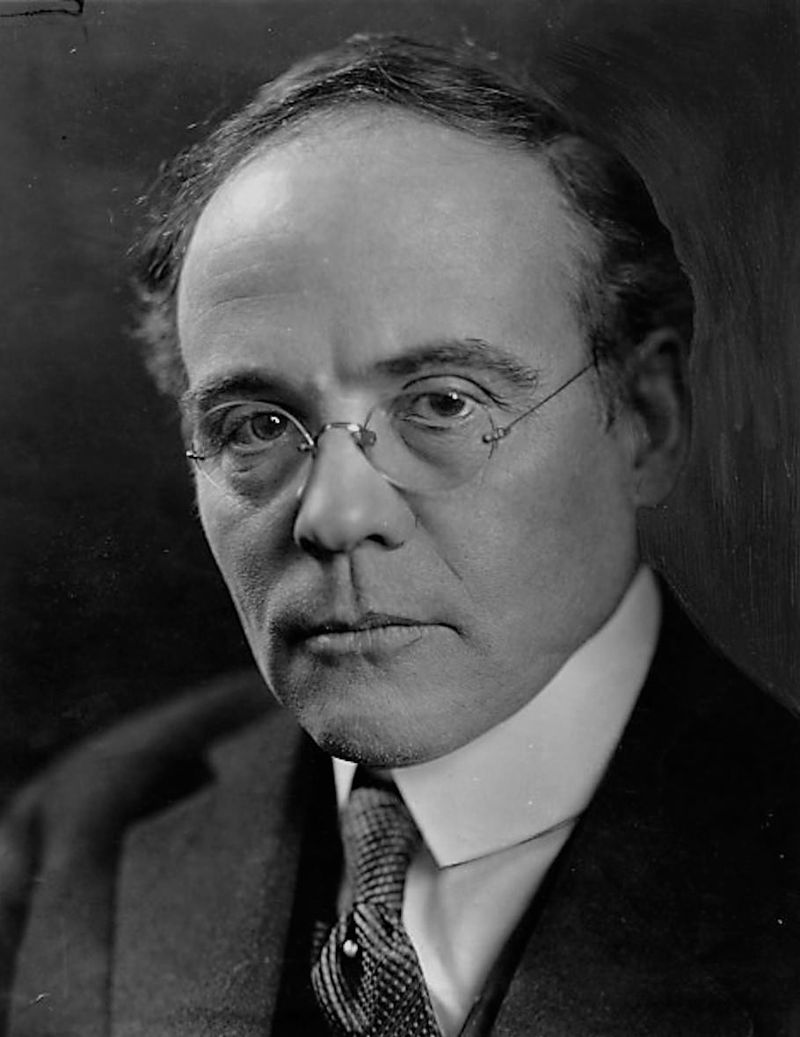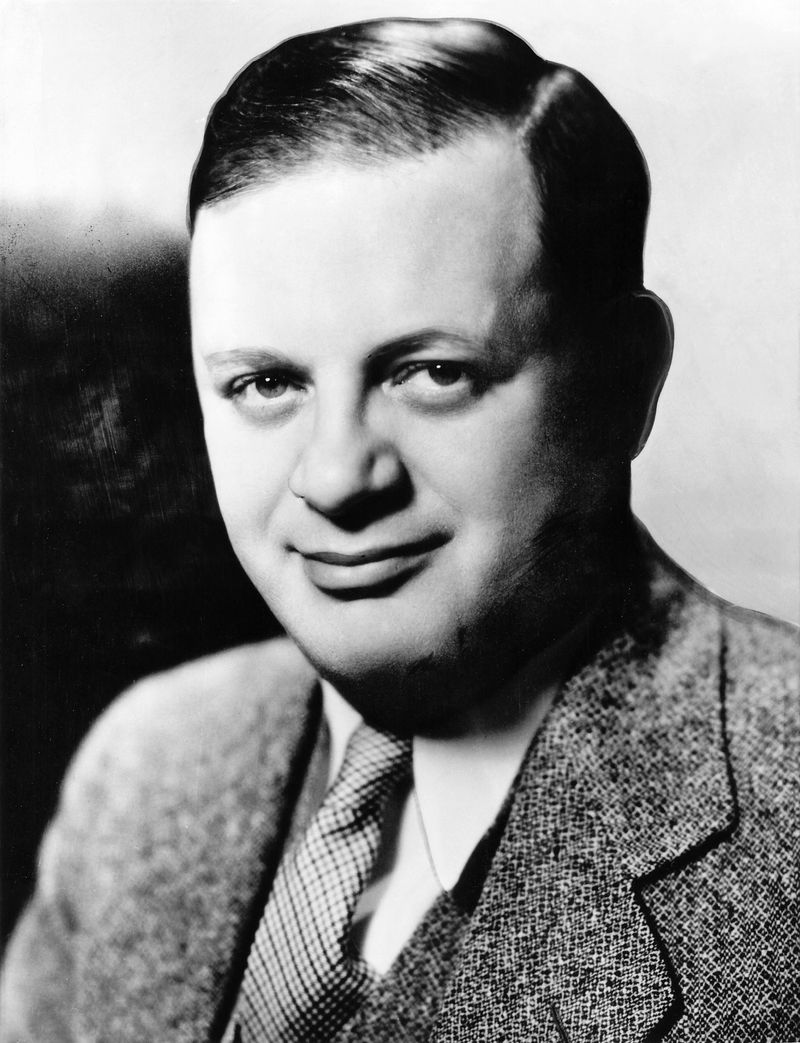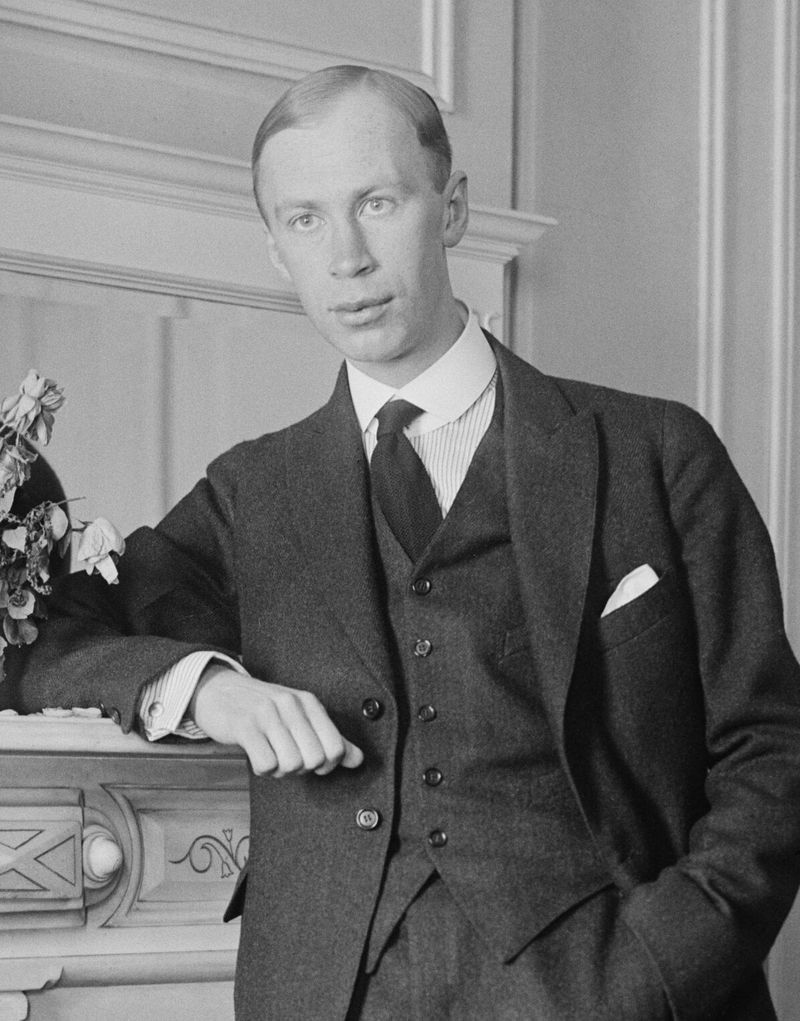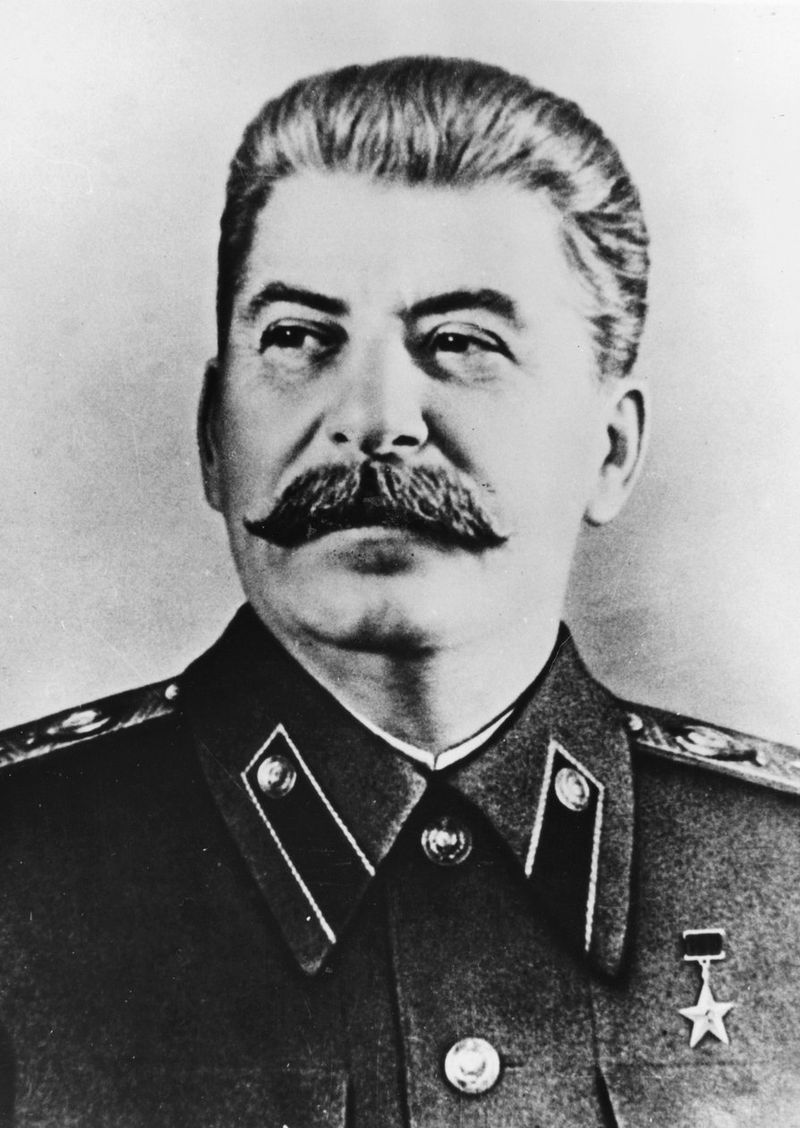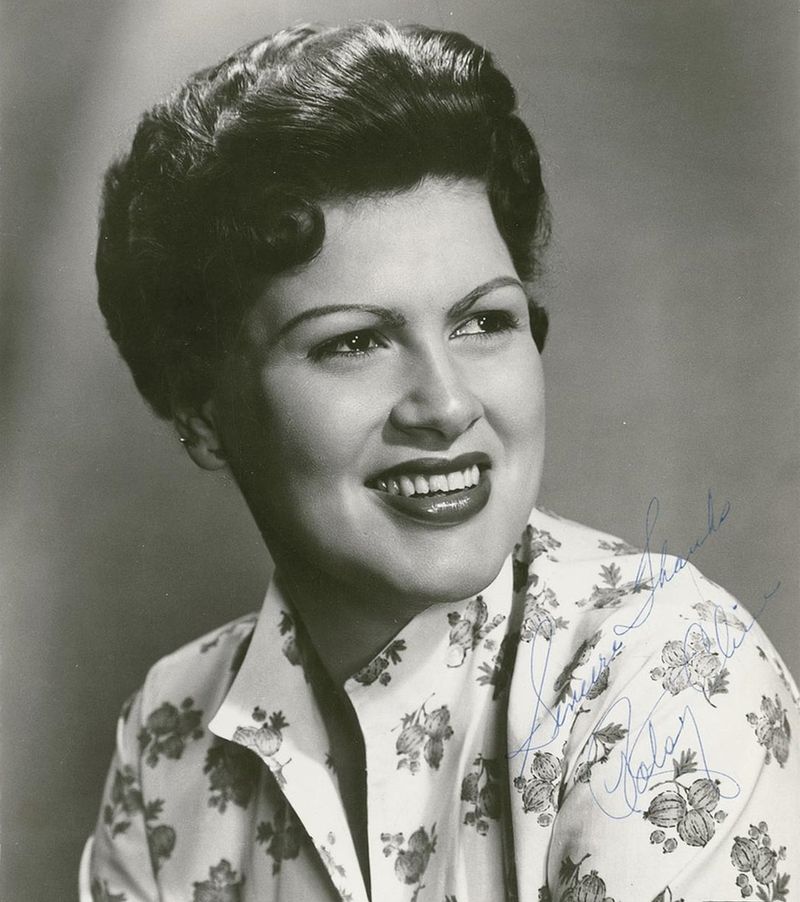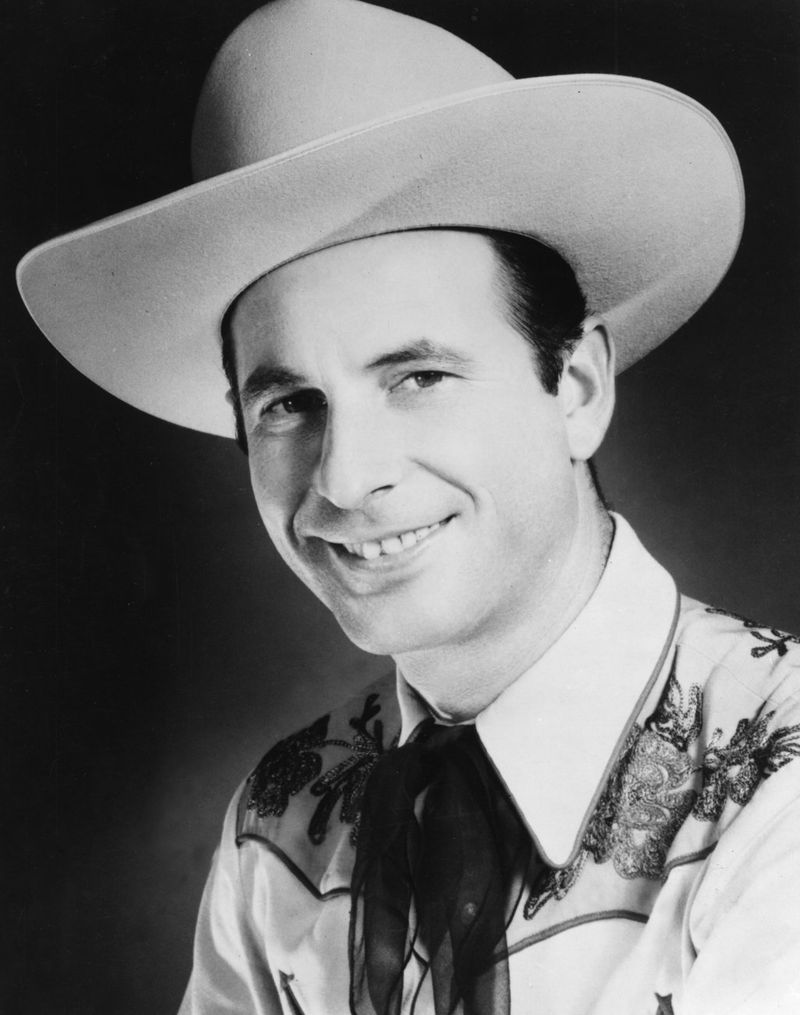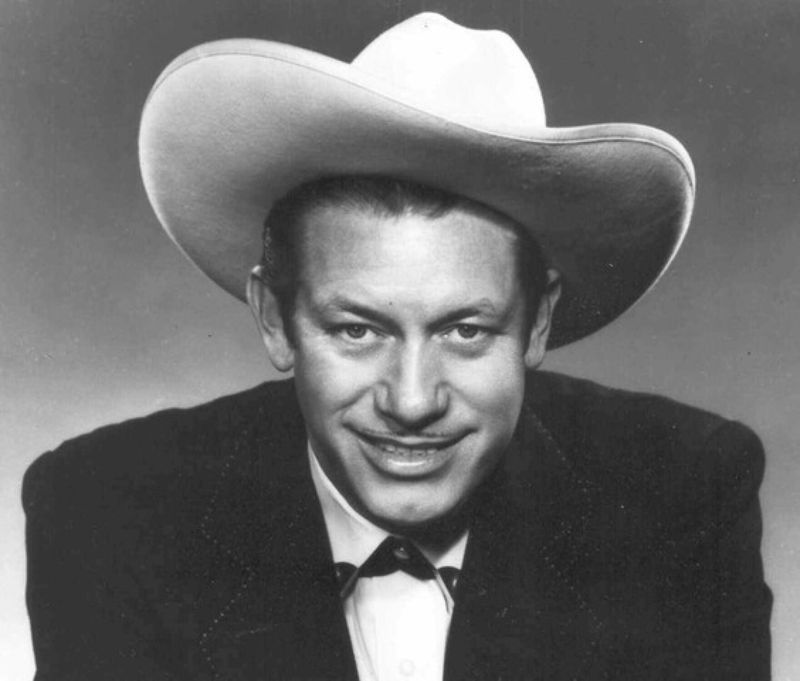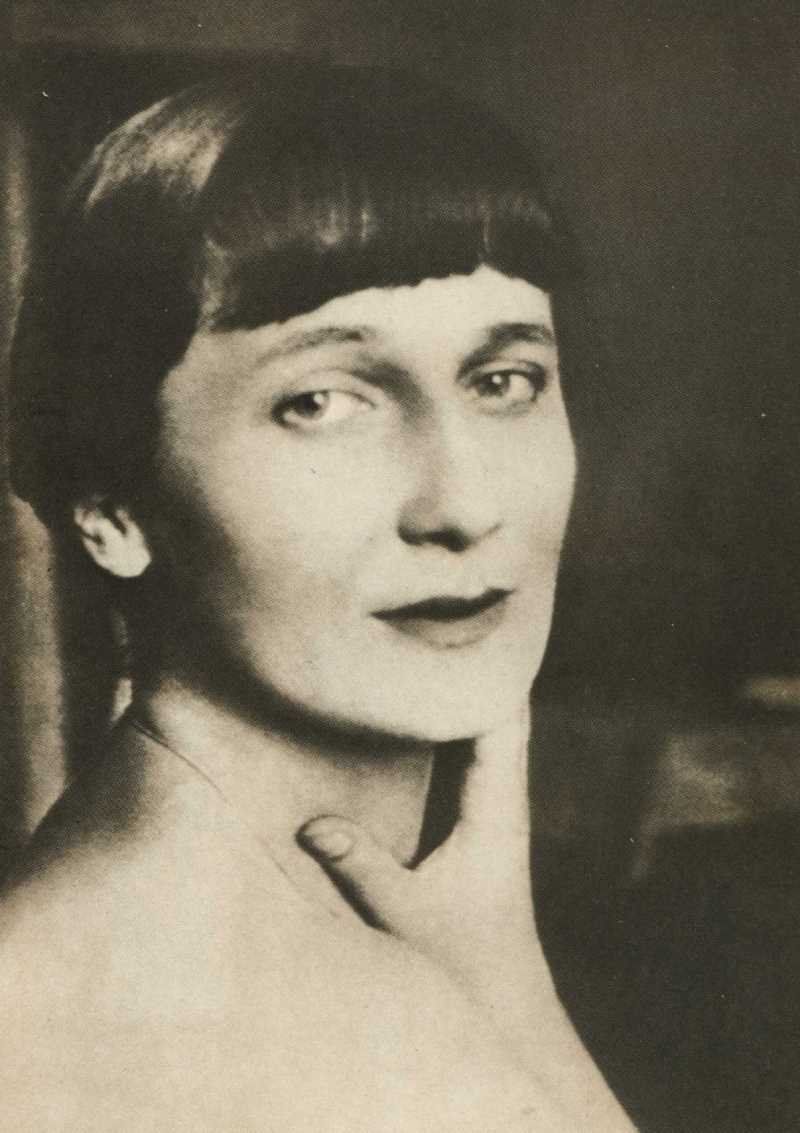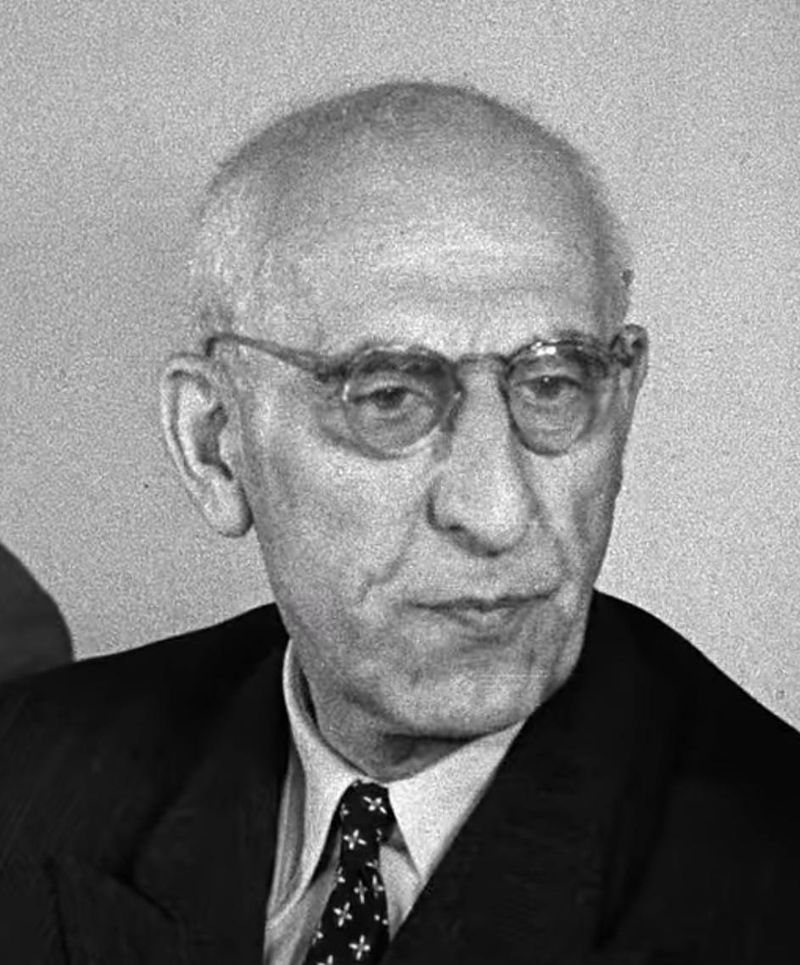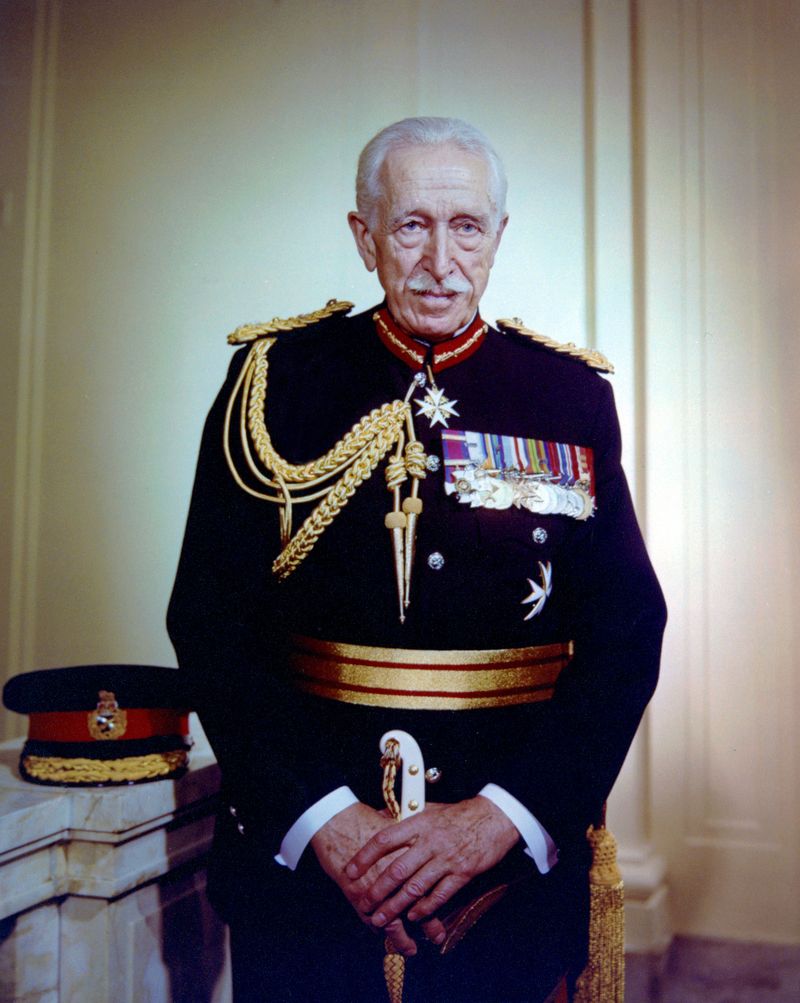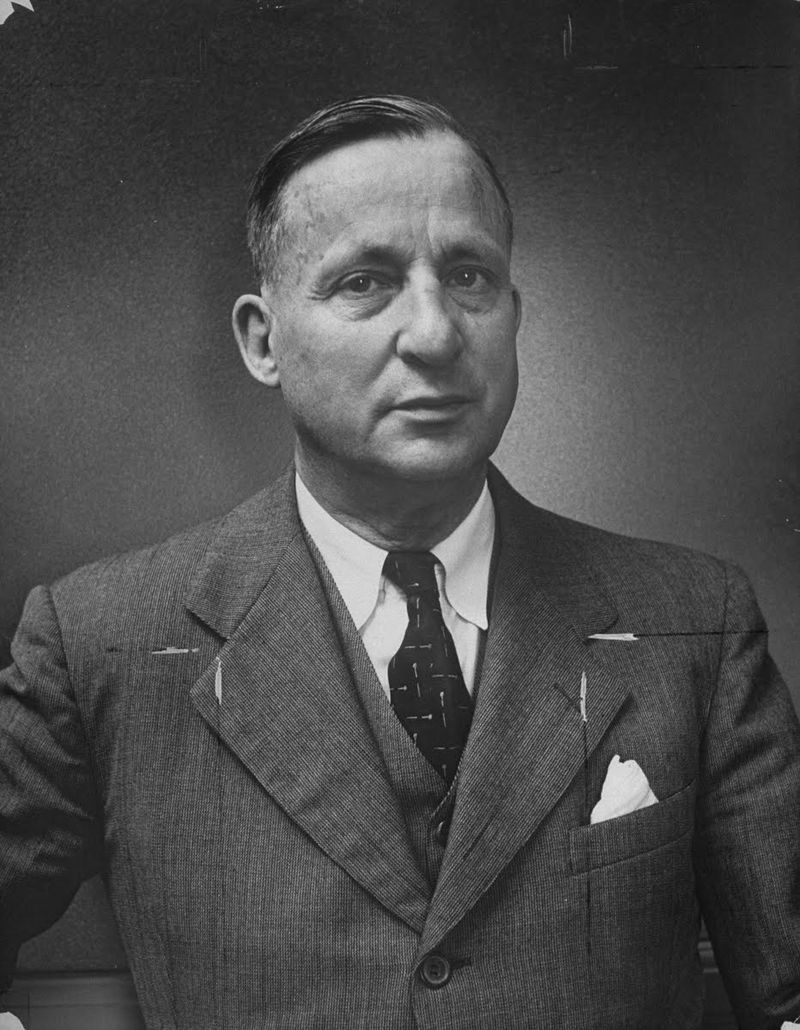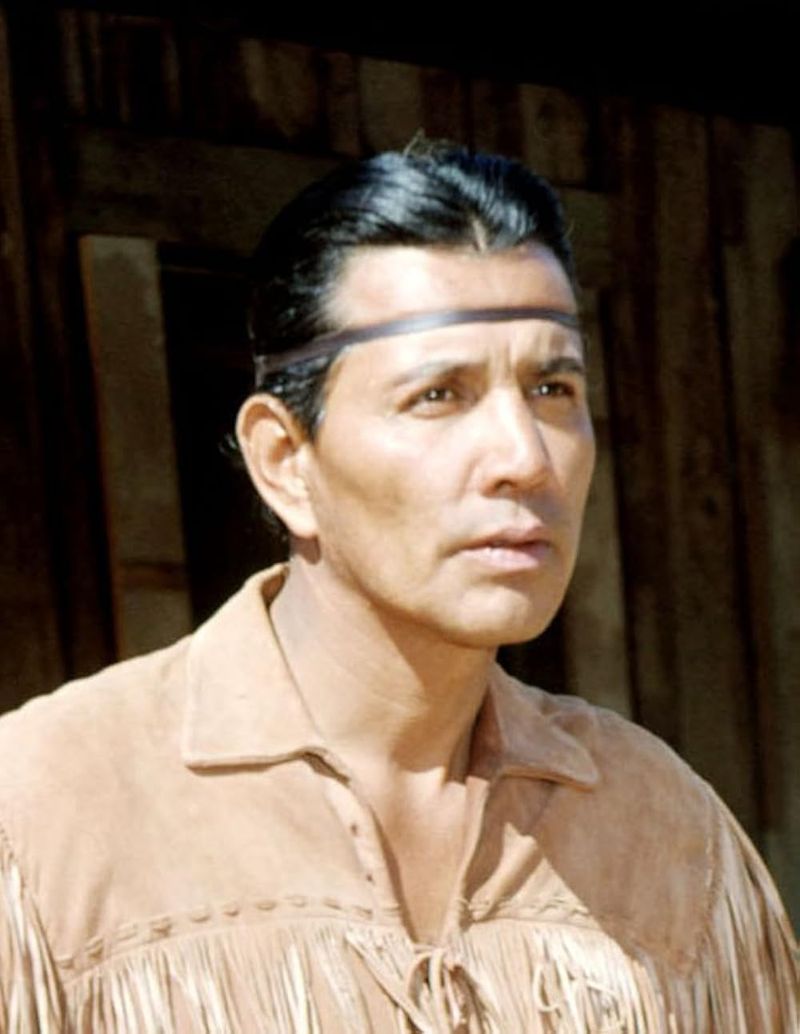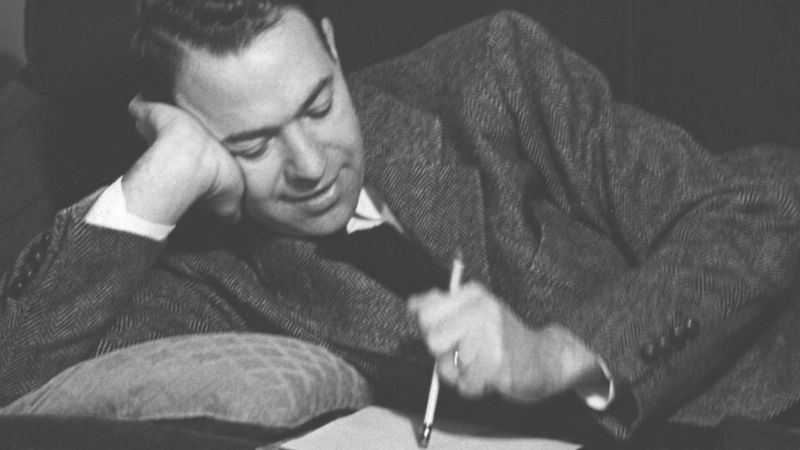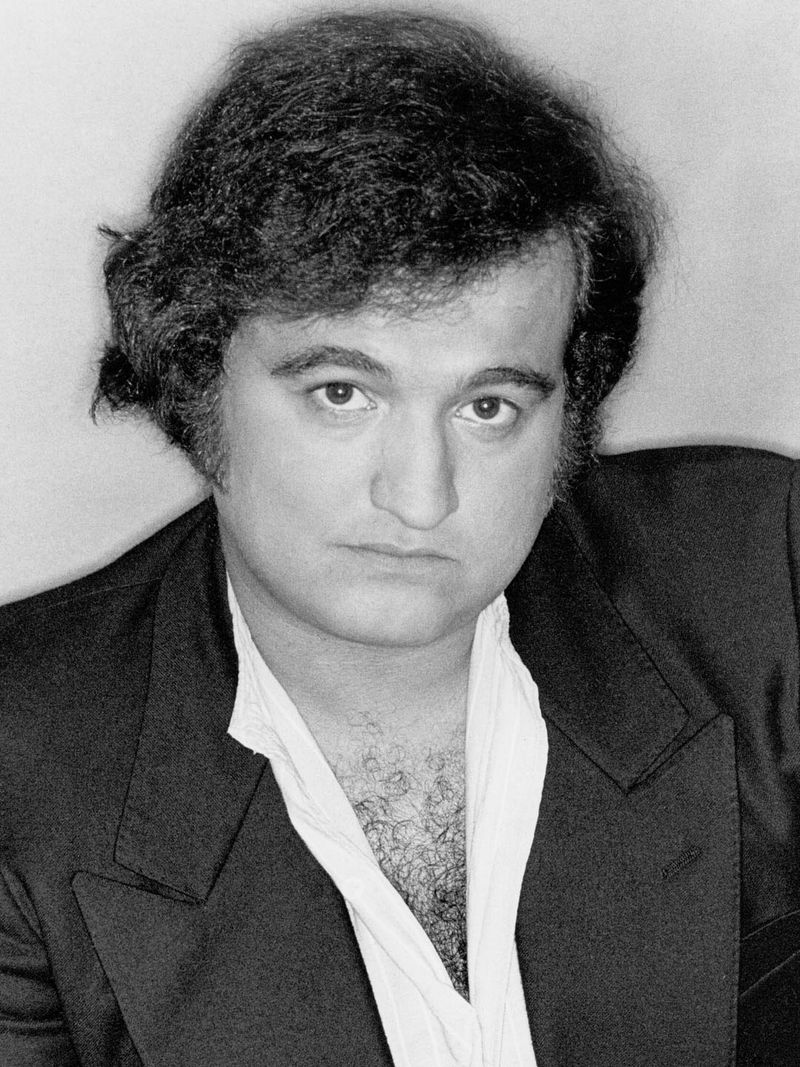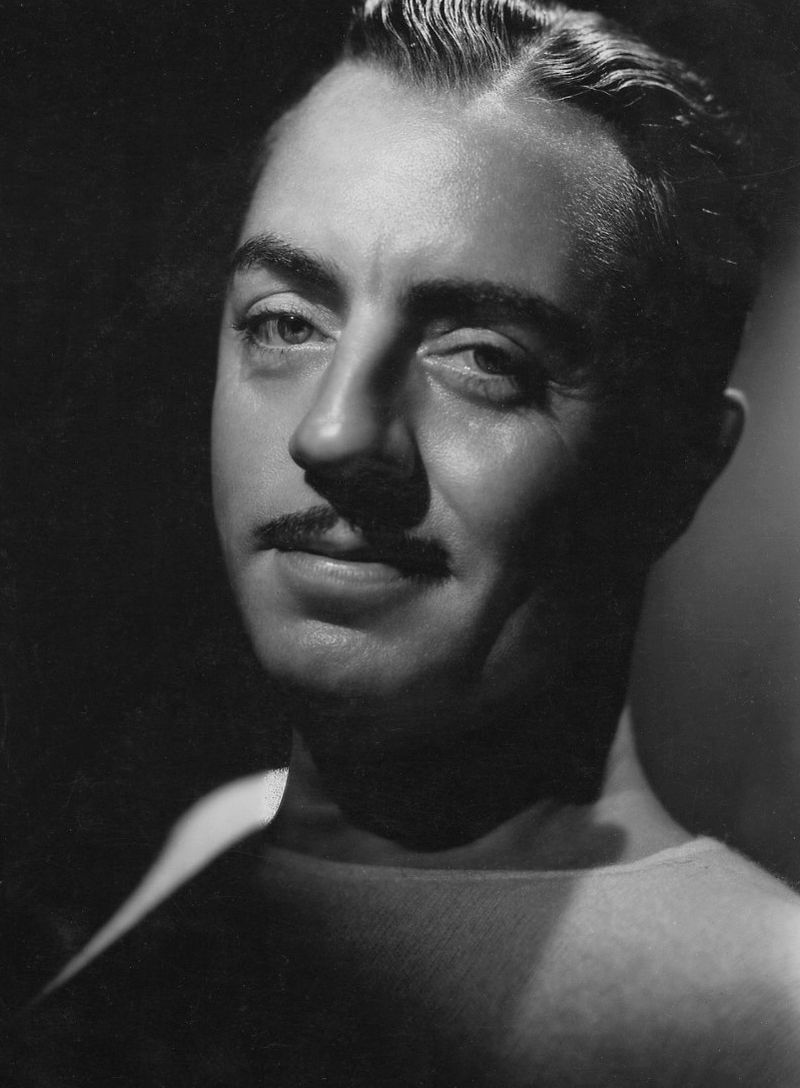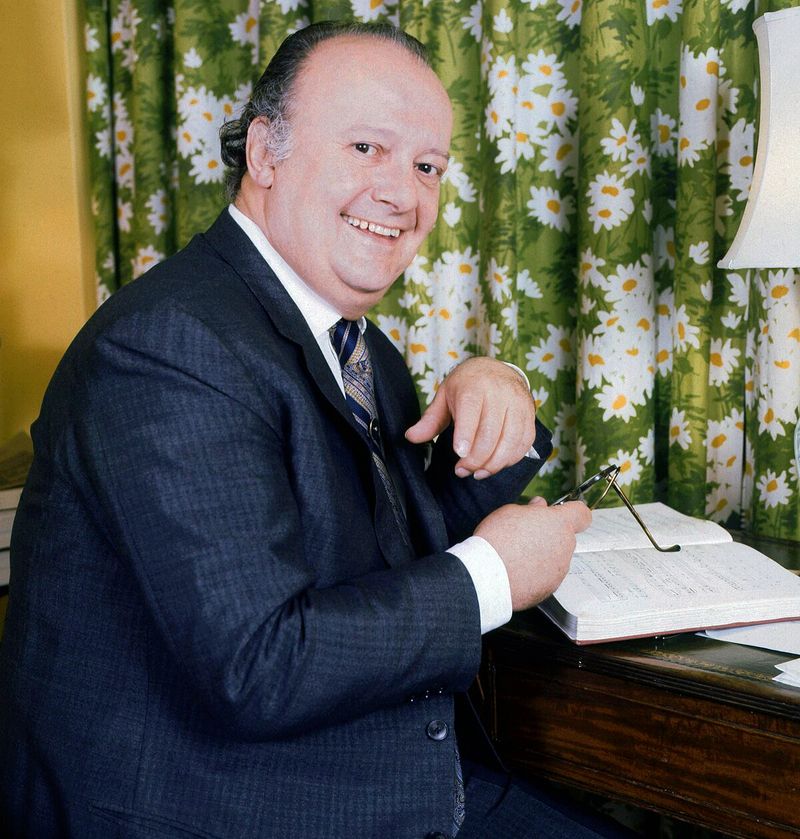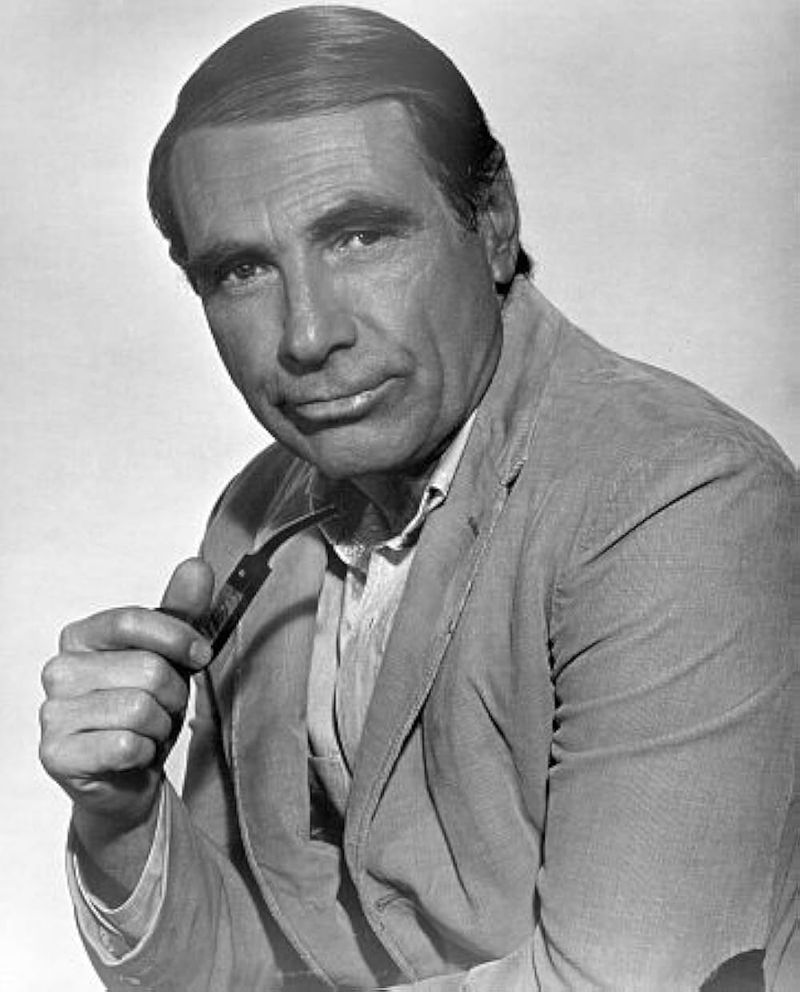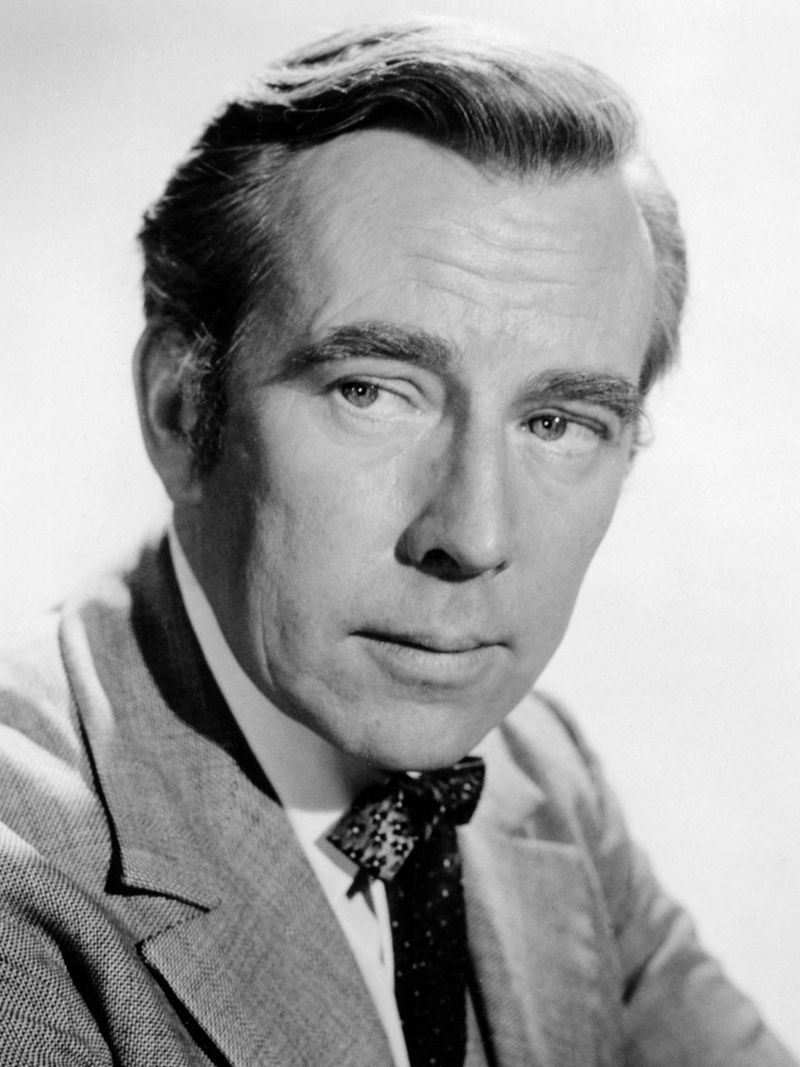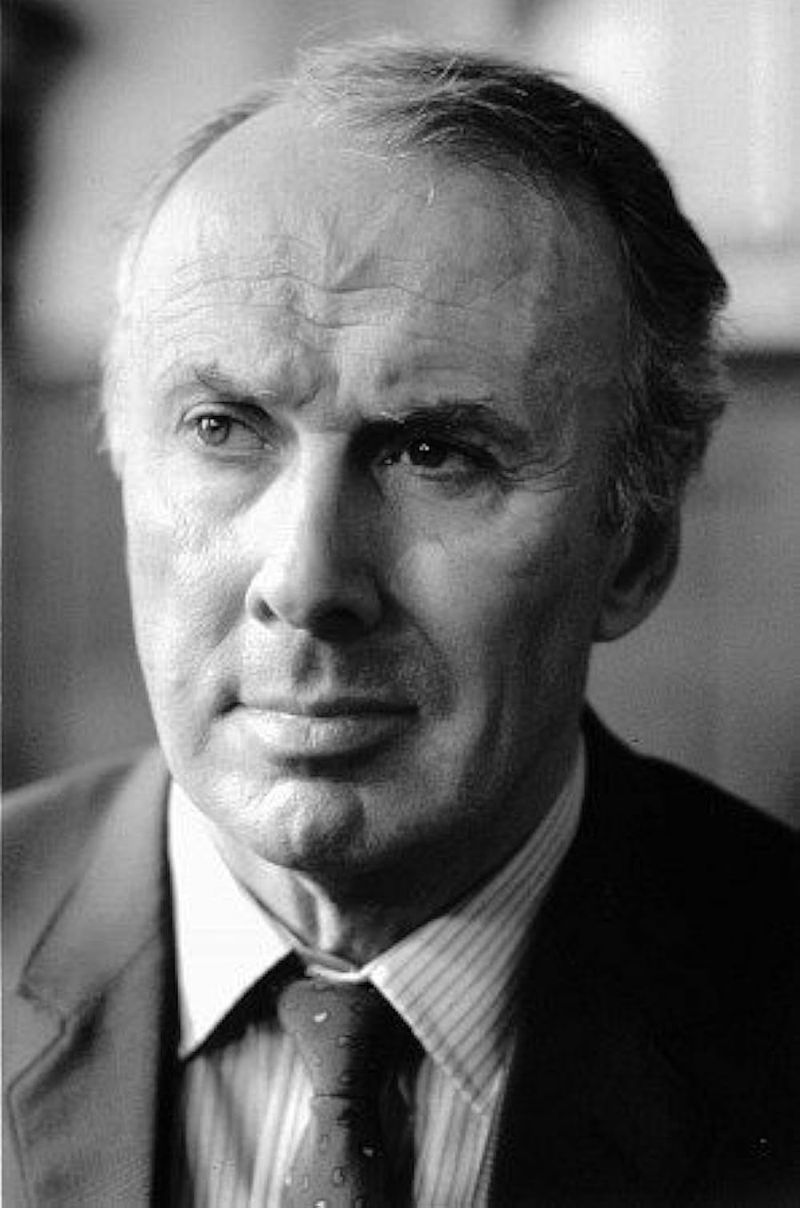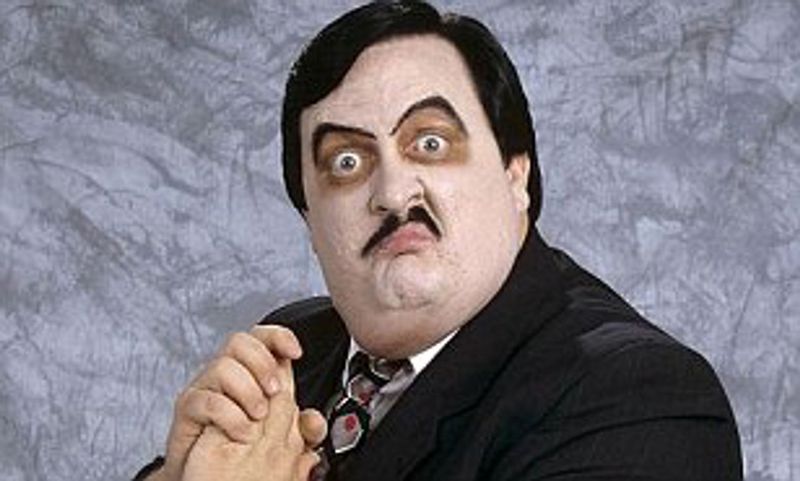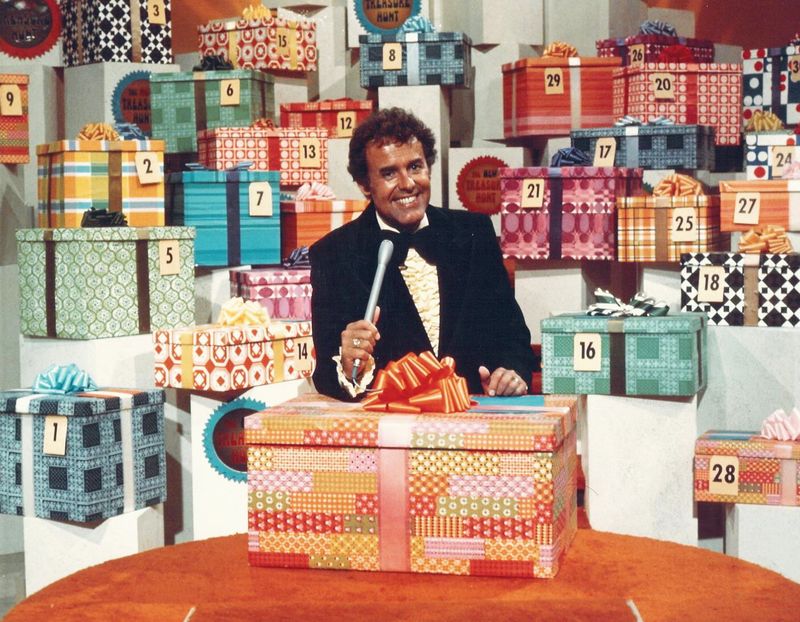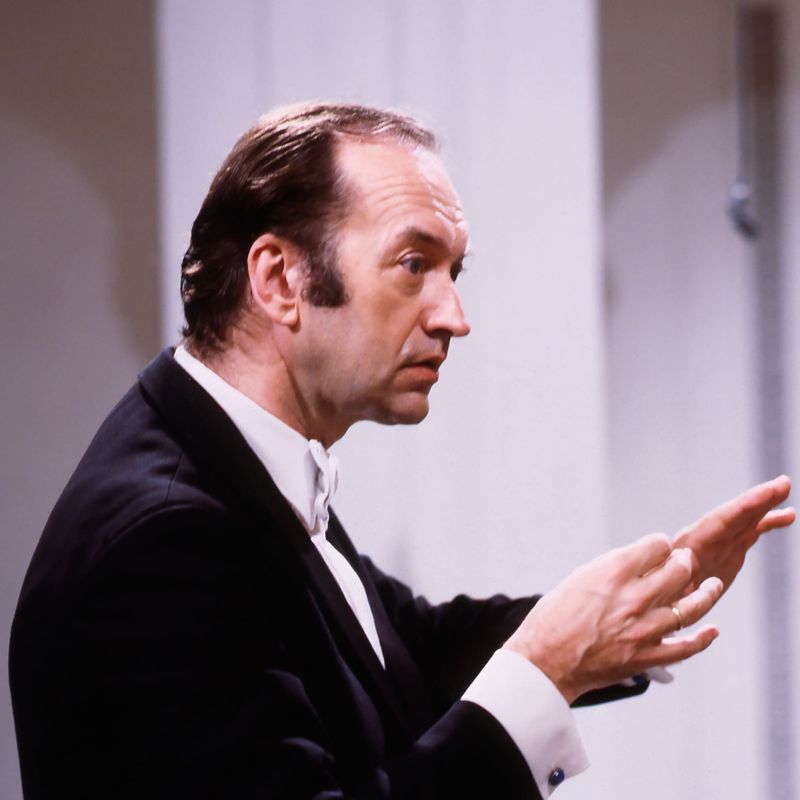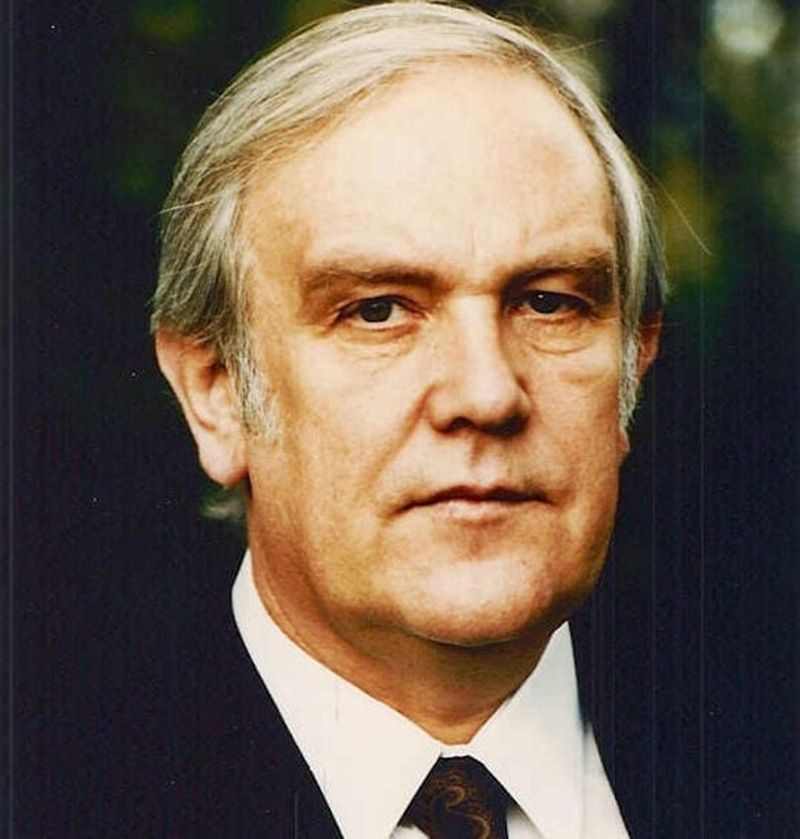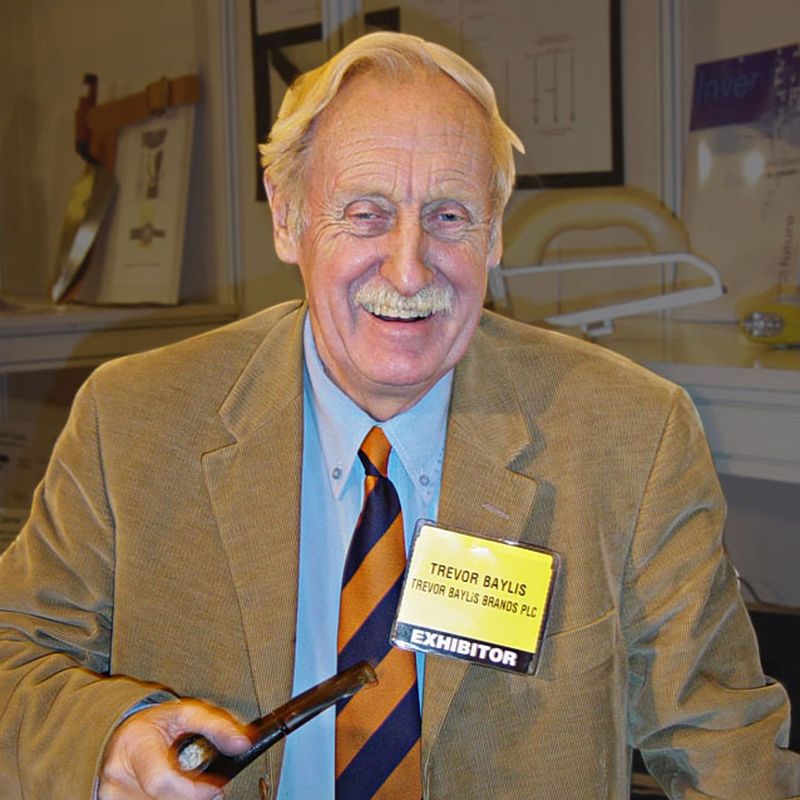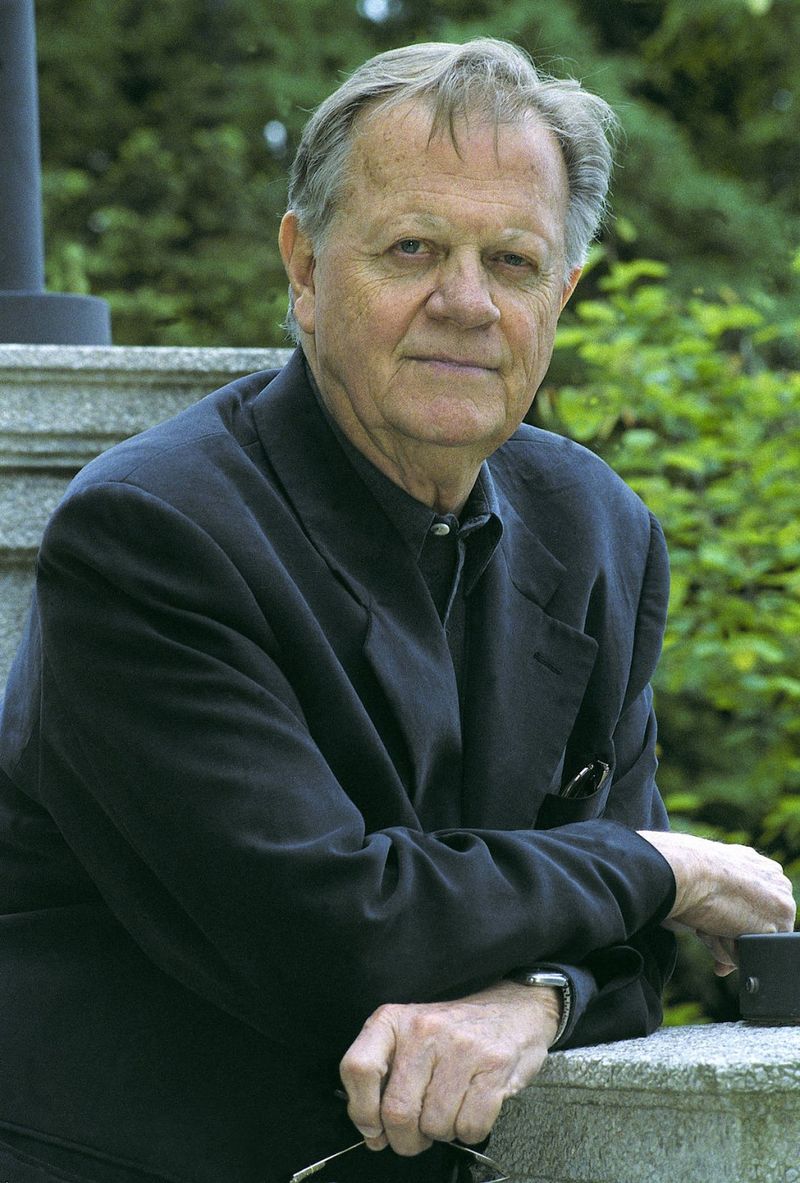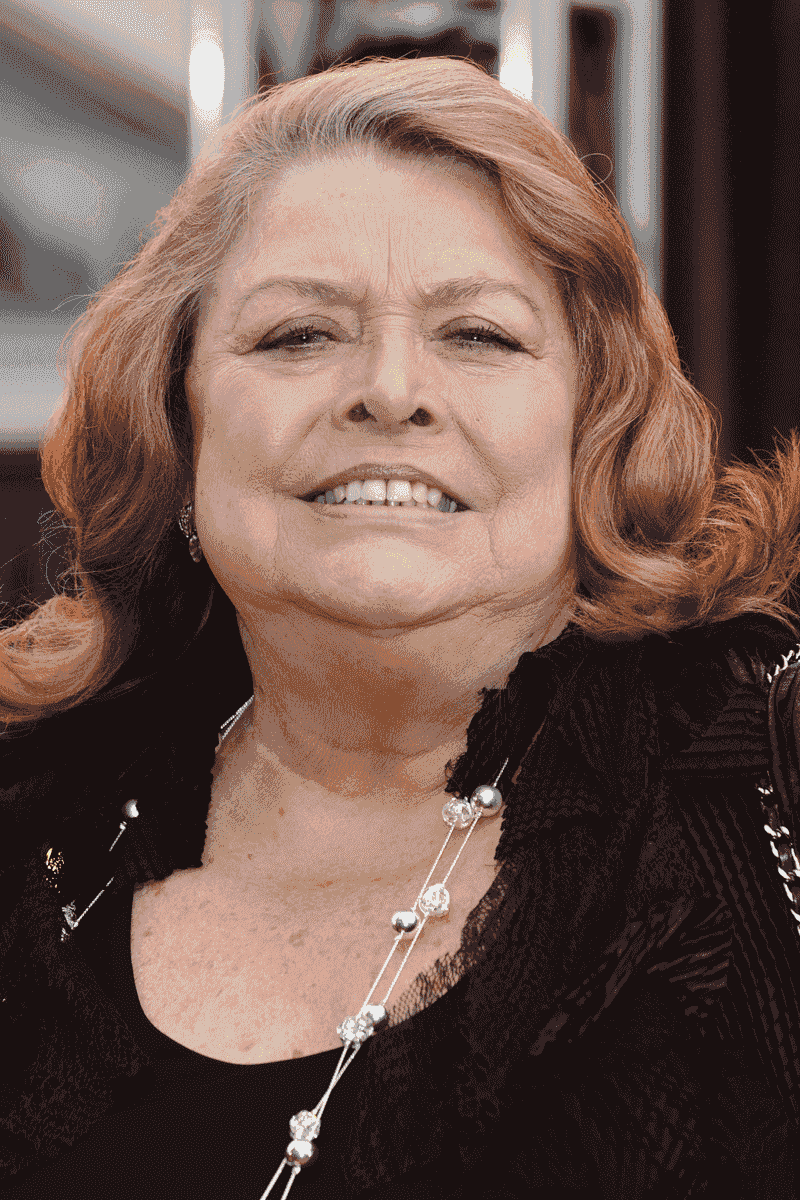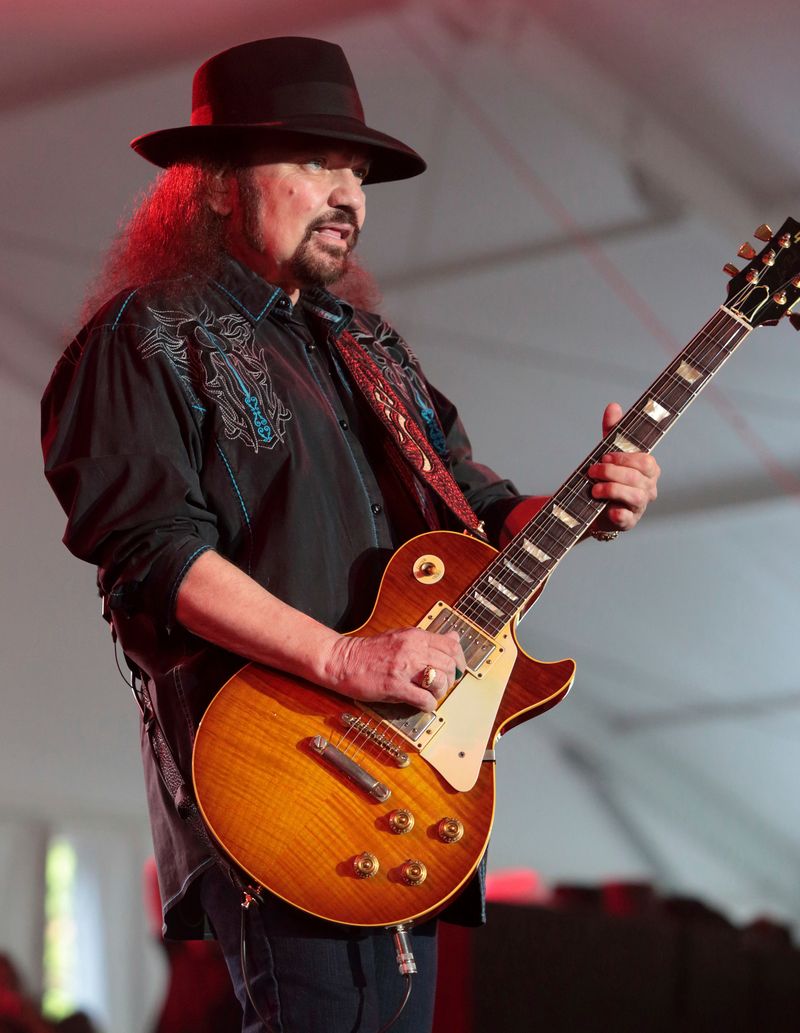March 5th is a date marked by the passing of many influential figures across various fields. From musicians and poets to politicians and inventors, these individuals left indelible marks on history.
This blog post remembers and honors 39 such figures, providing a glimpse into their lives and legacies.
1. Thomas Arne, English composer, 1778
Thomas Arne, an influential English composer, is best known for his patriotic song “Rule, Britannia!” His contributions to music also include operas, masques, and theater music. Born in 1710, Arne’s work defined English music of the 18th century.
His compositions remain popular, influencing the development of English operatic and theatrical music. Arne’s ability to blend traditional forms with innovative melodies showcased his unique talents.
Despite challenges in his personal life, including a tumultuous marriage, Arne’s legacy endures through his timeless music that continues to inspire.
2. Crispus Attucks, American dockworker, 1770
Crispus Attucks, a man of African and Native American descent, is remembered as a key figure in the American Revolution. As the first casualty of the Boston Massacre, he became a symbol of resistance against British oppression.
Attucks was born into slavery but later gained his freedom, becoming a sailor and dockworker. His actions on March 5, 1770, sparked a revolutionary movement.
Historians honor Attucks not only for his bravery but also for representing the struggle for justice and equality. His legacy lives on in American history as a martyr for liberty.
3. Franz Mesmer, German physician, 1815
Franz Mesmer was a German physician whose theories on animal magnetism laid the groundwork for modern hypnosis. Born in 1734, Mesmer’s ideas were controversial but revolutionary.
His belief in a natural energy transference between beings led to what became known as mesmerism. Though criticized by contemporaries, Mesmer’s work influenced psychological and therapeutic practices.
Today, Mesmer is seen as a pioneer in the field of therapeutic hypnosis. His enduring legacy is evident in the continued exploration of the mind’s capabilities and the healing potential of mental focus.
4. Alessandro Volta, Italian physicist, 1827
Alessandro Volta, an Italian physicist, is best known for inventing the electric battery, revolutionizing the study of electricity. Born in 1745, Volta’s invention of the voltaic pile marked a turning point in scientific exploration.
His contributions to physics extend beyond this invention, including advancements in electrochemistry and gas analysis. Volta’s work provided a foundation for future innovations in electrical science.
He was honored by having the unit of electric potential, the volt, named after him. Volta’s legacy continues to influence technology and energy research.
5. Pierre-Simon Laplace, French mathematician and astronomer, 1827
Pierre-Simon Laplace was a French mathematician and astronomer whose work laid the foundation for many scientific advancements. Born in 1749, his research in celestial mechanics provided insights into planetary motion.
Laplace’s nebular hypothesis suggested how solar systems form from nebulous material. His mathematical prowess also contributed to the development of statistics and probability theory.
Renowned for his contributions to science, Laplace’s legacy is evident in the continued study of astronomy and mathematics. His work remains fundamental to understanding the universe’s complexities.
6. Hippolyte Taine, French historian and critic, 1893
Hippolyte Taine was a French historian and critic known for his analytical approach to literature and history. Born in 1828, Taine’s work emphasized the influence of environment and society on individuals.
His deterministic philosophy shaped the study of humanities, blending natural sciences with social analysis. Taine’s writings critiqued cultural norms, challenging traditional views.
His legacy endures in academic circles, inspiring modern sociology and literary criticism. Taine’s insights remain a testament to the interconnectedness of human experience and historical context.
7. Nikolai Leskov, Russian author, 1895
Nikolai Leskov was a Russian author celebrated for his unique narrative style and exploration of Russian society. Born in 1831, Leskov’s stories often depicted the lives of ordinary people.
His works, including “The Enchanted Wanderer” and “Lady Macbeth of Mtsensk,” showcased his ability to weave folklore with realism. Leskov’s use of vernacular and vivid character portrayals enriched Russian literature.
His influence extends to modern writers, with his storytelling techniques admired for their authenticity and cultural depth. Leskov’s literary legacy continues to captivate readers around the world.
8. Henry Rawlinson, English general and scholar, 1895
Henry Rawlinson was an English general and scholar renowned for his work in deciphering cuneiform script. Born in 1810, Rawlinson’s passion for ancient languages led to significant contributions in Assyriology.
His translation of the Behistun Inscription unlocked historical texts from the Persian Empire. As a military officer, Rawlinson’s expeditions furthered archaeological understanding.
His scholarly achievements earned him recognition as a key figure in understanding ancient Mesopotamian cultures. Rawlinson’s legacy is preserved in the study of ancient scripts and their historical significance.
9. David Dunbar Buick, Scottish-American inventor, 1929
David Dunbar Buick was a Scottish-American inventor whose innovations in the automotive industry laid the groundwork for modern car manufacturing. Born in 1854, Buick founded the Buick Motor Company.
His vision and engineering skills contributed to advancements in internal combustion engines and car design. Despite business struggles, Buick’s legacy is cemented in automotive history.
His name remains synonymous with quality and innovation, with the Buick brand continuing to thrive. Buick’s contributions have left an enduring impact on transportation technology and industry standards.
10. Max Jacob, French poet, 1944
Max Jacob was a French poet and painter known for his avant-garde contributions to art and literature. Born in 1876, Jacob was part of the early 20th-century Parisian artistic scene.
His works, characterized by surrealism and symbolism, influenced contemporaries like Pablo Picasso. Jacob’s poetry often blended humor with philosophical insights, reflecting his diverse artistic background.
Despite facing persecution during World War II, his creativity flourished, leaving a legacy of innovation and resilience. Jacob’s influence is evident in the continued appreciation of modernist art and literature.
11. Edgar Lee Masters, American poet, 1950
Edgar Lee Masters was an American poet best known for his work “Spoon River Anthology.” Born in 1868, Masters captured the essence of small-town life through his unique narrative style.
His free-verse poems provided poignant insights into the lives and secrets of fictional characters, resonating with readers worldwide. Masters’ innovative approach to storytelling influenced American poetry.
His legacy endures through his exploration of human nature and societal dynamics, offering timeless reflections on life’s complexities. Masters’ work remains a staple in literary studies and continues to inspire writers.
12. Herman J. Mankiewicz, American screenwriter, 1953
Herman J. Mankiewicz was an American screenwriter renowned for his work in Hollywood’s Golden Age. Born in 1897, Mankiewicz co-wrote the screenplay for the iconic film “Citizen Kane.”
His wit and creativity earned him a reputation as a master storyteller, influencing screenwriting standards. Despite personal struggles, Mankiewicz’s contributions to film remain celebrated.
His legacy is immortalized in cinematic history, inspiring generations of filmmakers and writers. Mankiewicz’s ability to craft compelling narratives continues to resonate in the world of entertainment.
13. Sergei Prokofiev, Russian composer, 1953
Sergei Prokofiev was a Russian composer whose innovative compositions span ballets, symphonies, and operas. Born in 1891, Prokofiev’s work is characterized by its emotional depth and technical mastery.
His pieces like “Peter and the Wolf” and “Romeo and Juliet” remain popular worldwide. Prokofiev’s ability to blend traditional and modern elements enriched 20th-century music.
Despite political challenges, his creative spirit thrived, leaving a lasting impact on classical music. Prokofiev’s legacy endures in concert halls, celebrated for his contributions to the art of music.
14. Joseph Stalin, Soviet leader, 1953
Joseph Stalin was the Soviet leader whose rule profoundly shaped 20th-century history. Born in 1878, Stalin’s reign was marked by industrialization and political purges.
His leadership during World War II and the post-war era solidified the Soviet Union’s influence. However, his policies led to widespread repression and suffering. Stalin’s legacy is complex, with debates over his impact on Soviet and global history continuing.
While credited with transforming the USSR into a superpower, his authoritarian methods remain controversial.
15. Patsy Cline, American singer, 1963
Patsy Cline was an American singer whose powerful voice and emotional performances transformed country music. Born in 1932, Cline’s hits like “Crazy” and “I Fall to Pieces” topped charts worldwide.
Her ability to convey deep emotions through song earned her a loyal fan base. Cline’s influence extended beyond country, impacting pop and jazz genres.
Though her career was tragically cut short, her legacy endures in music history. Cline is celebrated for her trailblazing role in female vocal artistry, inspiring countless musicians.
16. Cowboy Copas, American singer, 1963
Cowboy Copas was an American country singer known for his traditional honky-tonk style. Born in 1913, Copas’s music resonated with fans through hits like “Alabam” and “Signed Sealed and Delivered.”
His rich voice and engaging stage presence made him a beloved figure in country music. Copas’s contributions helped popularize the genre in the mid-20th century. Despite his untimely death, his influence persists in the country music scene.
Copas’s legacy is celebrated by fans and musicians who appreciate his dedication to authentic country sound.
17. Hawkshaw Hawkins, American singer, 1963
Hawkshaw Hawkins was an American country music singer known for his smooth baritone voice. Born in 1921, Hawkins’s songs like “Lonesome 7-7203” captivated audiences. His stage charisma and heartfelt lyrics endeared him to country fans.
Hawkins’s contributions to the genre expanded its appeal, influencing future artists. Though his career ended abruptly, his musical legacy thrives in the hearts of country music lovers.
Hawkins is remembered for his talent and dedication to the craft, leaving an enduring impact on country music.
18. Anna Akhmatova, Russian poet, 1966
Anna Akhmatova was a Russian poet whose poignant verses captured the essence of human emotion and resilience. Born in 1889, Akhmatova’s work reflected the tumultuous history of 20th-century Russia.
Her poetry, marked by its lyrical beauty and depth, resonated with readers worldwide. Akhmatova’s defiance in the face of political repression made her an icon of cultural resistance.
Her legacy endures through her profound influence on Russian literature and poetry. Akhmatova is celebrated for her ability to articulate the complexities of life and identity.
19. Mohammad Mosaddegh, Iranian Prime Minister, 1967
Mohammad Mosaddegh was the Iranian Prime Minister known for his nationalist policies and democratic reforms. Born in 1882, Mosaddegh’s tenure was marked by his effort to nationalize Iran’s oil industry.
His leadership faced opposition from foreign powers, leading to a coup that ousted him. Mosaddegh’s vision for Iran inspired movements for sovereignty and justice.
His legacy is celebrated in Iran as a symbol of resistance against foreign intervention. Mosaddegh’s impact on Iranian history remains a topic of admiration and debate.
20. Georges Vanier, Canadian Governor General, 1967
Georges Vanier was the Canadian Governor General known for his dedication to public service and national unity. Born in 1888, Vanier’s career spanned military, diplomatic, and governmental roles.
His leadership during a period of change in Canada highlighted his commitment to peace and multiculturalism. Vanier’s compassion and integrity earned him respect across political lines.
His legacy is honored as a symbol of Canadian identity and values. Vanier’s contributions to Canadian society continue to inspire leaders and citizens.
21. Allan Nevins, American historian, 1971
Allan Nevins was an American historian celebrated for his comprehensive biographies and histories. Born in 1890, Nevins’s work provided detailed insights into American history and politics.
His biographies of figures like Abraham Lincoln and John D. Rockefeller remain influential. Nevins’s dedication to historical accuracy and narrative style enriched historical scholarship.
His legacy continues through the Allan Nevins Prize, awarded for historical writing excellence. Nevins’s influence extends beyond academia, fostering public appreciation for history’s complexities.
22. Jay Silverheels, Canadian-American actor, 1980
Jay Silverheels was a Canadian-American actor best known for his role as Tonto in the television series “The Lone Ranger.” Born in 1912, Silverheels broke barriers as a Native American actor in Hollywood.
His portrayal brought dignity and depth to his character, earning him a lasting legacy in television history. Silverheels’s advocacy for Native American representation in media was groundbreaking.
His influence is remembered in the ongoing efforts for diversity and inclusion in entertainment. Silverheels’s contributions continue to inspire actors and filmmakers seeking authentic storytelling.
23. Yip Harburg, American songwriter, 1981
Yip Harburg was an American songwriter whose lyrics became synonymous with hope and optimism. Born in 1896, Harburg penned classics like “Over the Rainbow” from “The Wizard of Oz.”
His work reflected social and political themes, blending humor with poignancy. Harburg’s ability to capture the human spirit in song made him a beloved figure in music history.
His legacy endures through the timeless appeal of his compositions. Harburg’s songs continue to uplift and inspire audiences around the world.
24. John Belushi, American actor and comedian, 1982
John Belushi was an American actor and comedian known for his dynamic performances and comedic genius. Born in 1949, Belushi gained fame through his work on “Saturday Night Live” and films like “Animal House.”
His larger-than-life persona and improvisational skills endeared him to audiences. Belushi’s influence on comedy remains significant, shaping the genre’s evolution. Though his life was brief, his legacy endures in the world of entertainment.
Belushi is celebrated for his ability to bring joy and laughter, leaving an indelible mark on comedy.
25. William Powell, American actor, 1984
William Powell was an American actor renowned for his roles in classic films of the 1930s and 1940s. Born in 1892, Powell’s sophisticated charm and wit made him a leading man in Hollywood.
His performances in films like “The Thin Man” series showcased his talent for blending humor with drama. Powell’s legacy is cemented in cinema history, inspiring actors with his graceful style.
His contributions to film continue to be celebrated, with his work enduring as a testament to the Golden Age of Hollywood.
26. Tito Gobbi, Italian operatic baritone, 1984
Tito Gobbi was an Italian operatic baritone celebrated for his powerful voice and dramatic interpretations. Born in 1913, Gobbi’s performances captivated audiences worldwide.
His roles in operas like “Tosca” and “Falstaff” highlighted his vocal versatility and stage presence. Gobbi’s influence on opera continues to inspire singers and directors. His legacy endures in recordings and performances that showcase his remarkable talent.
Gobbi is remembered as one of the greats in the world of opera, leaving a lasting impact on the art form.
27. Gary Merrill, American actor, 1990
Gary Merrill was an American actor known for his roles in classic films and television. Born in 1915, Merrill’s performances brought depth and authenticity to his characters.
His work in films like “All About Eve” and “A Blueprint for Murder” showcased his versatility. Merrill’s contributions to acting continue to be celebrated, influencing future generations of performers.
His legacy is preserved in the enduring appeal of his film and television work. Merrill’s talent and dedication left a mark on the entertainment industry.
28. Whit Bissell, American actor, 1996
Whit Bissell was an American actor known for his versatility in film and television. Born in 1909, Bissell’s career spanned over four decades, with roles in notable sci-fi and drama productions.
His work in films like “The Time Machine” and “Creature from the Black Lagoon” showcased his adaptability. Bissell’s contributions to genre films are celebrated by fans and critics alike.
His legacy is remembered in the diversity of his acting roles and the impact on classic cinema. Bissell’s talent continues to inspire actors in the industry.
29. Richard Kiley, American actor, 1999
Richard Kiley was an American actor renowned for his work in theater, film, and television. Born in 1922, Kiley’s performances were marked by emotional depth and charisma.
His role in “Man of La Mancha” earned him critical acclaim and a Tony Award. Kiley’s influence extends beyond the stage, impacting acting techniques in multiple mediums.
His legacy continues through his contributions to performing arts, inspiring actors with his dedication to craft. Kiley remains a celebrated figure in the world of theater and entertainment.
30. Paul Bearer, American wrestling manager, 2013
Paul Bearer was an American wrestling manager known for his theatrical persona and involvement in memorable wrestling storylines. Born in 1954, Bearer’s character, with his eerie presence and urn, became iconic.
His collaborations with wrestlers like The Undertaker left an indelible mark on professional wrestling. Bearer’s flair for drama enhanced the spectacle of wrestling entertainment.
His legacy is celebrated by fans and wrestlers who appreciate his contributions to the sport. Bearer’s influence on wrestling culture continues to inspire performers in the industry.
31. Hugo Chávez, Venezuelan President, 2013
Hugo Chávez was the Venezuelan President known for his charismatic leadership and socialist policies. Born in 1954, Chávez’s presidency marked a shift in Venezuela’s political landscape.
His initiatives focused on social reforms and wealth redistribution, earning both support and criticism. Chávez’s influence extended beyond Venezuela, impacting Latin American politics.
His legacy is complex, with debates over his impact on democracy and economic stability continuing. Chávez remains a pivotal figure in understanding Venezuela’s modern history.
32. Geoff Edwards, American game show host, 2014
Geoff Edwards was an American game show host known for his engaging personality and quick wit. Born in 1931, Edwards hosted popular shows like “Treasure Hunt” and “Jackpot.”
His ability to connect with audiences made him a beloved figure in television. Edwards’s influence extended beyond hosting, impacting television presentation styles. His legacy endures in the game show genre, with his style inspiring hosts and entertainers.
Edwards’s contributions to television entertainment continue to be celebrated by fans.
33. Ray Tomlinson, American computer programmer, 2016
Ray Tomlinson was an American computer programmer credited with inventing email. Born in 1941, Tomlinson’s innovation transformed communication, revolutionizing how people connect globally.
His use of the “@” symbol to direct messages remains a fundamental aspect of email technology. Tomlinson’s contributions to computer science extend beyond email, impacting digital innovation.
His legacy is celebrated in the tech community, with his work influencing modern communication systems. Tomlinson’s vision and ingenuity continue to shape the digital world.
34. Nikolaus Harnoncourt, Austrian conductor, 2016
Nikolaus Harnoncourt was an Austrian conductor renowned for his contributions to historical performance practices. Born in 1929, Harnoncourt’s approach to classical music emphasized authenticity and historical accuracy.
His interpretations of works by composers like Bach and Mozart were groundbreaking. Harnoncourt’s influence on the classical music scene inspired a revival in early music performance.
His legacy endures through recordings and the continued exploration of historical music techniques. Harnoncourt is celebrated for his dedication to musical excellence and innovation.
35. Kurt Moll, German opera singer, 2017
Kurt Moll was a German opera singer celebrated for his powerful bass voice and commanding stage presence. Born in 1938, Moll’s performances captivated audiences worldwide.
His roles in operas like “Die Meistersinger von Nürnberg” showcased his vocal depth and artistry. Moll’s contributions to opera are revered by fans and critics alike. His legacy is preserved in recordings and performances that highlight his exceptional talent.
Moll remains an influential figure in the operatic world, inspiring singers with his voice and interpretative skills.
36. Trevor Baylis, English inventor, 2018
Trevor Baylis was an English inventor known for creating the wind-up radio. Born in 1937, Baylis’s invention aimed to provide accessible communication in remote areas.
His ingenuity addressed global challenges, promoting sustainable energy solutions. Baylis’s work extended beyond inventions, advocating for inventor rights and innovation support.
His legacy is celebrated in the continued pursuit of inventive solutions to societal problems. Baylis’s contributions to engineering and invention inspire future generations of innovators.
37. Hayden White, American historian, 2018
Hayden White was an American historian known for his work in historiography and narrative theory. Born in 1928, White’s writings challenged traditional views of historical analysis.
His focus on the narrative structure of history influenced academic thought and methodology. White’s legacy is evident in the ongoing exploration of history’s storytelling nature.
His contributions continue to inspire debates and discussions in the field of history. White’s work remains a cornerstone in understanding the complexities of historical interpretation.
38. Lynda Baron, British actress, 2022
Lynda Baron was a British actress known for her roles in popular television series. Born in 1939, Baron’s performances were characterized by charm and versatility. Her work in shows like “Open All Hours” endeared her to audiences.
Baron’s influence on British television is celebrated by fans and colleagues. Her legacy endures through her contributions to entertainment and the joy she brought to viewers. Baron’s work continues to inspire actors in television and theater.
39. Gary Rossington, American guitarist (Lynyrd Skynyrd), 2023
Gary Rossington was an American guitarist known for his work with the band Lynyrd Skynyrd. Born in 1951, Rossington’s guitar riffs became synonymous with southern rock. His performances on songs like “Free Bird” and “Sweet Home Alabama” remain iconic.
Rossington’s influence on rock music is celebrated by fans and musicians. His legacy endures in the world of rock and roll, with his contributions inspiring guitarists and bands. Rossington’s music continues to captivate audiences globally.
